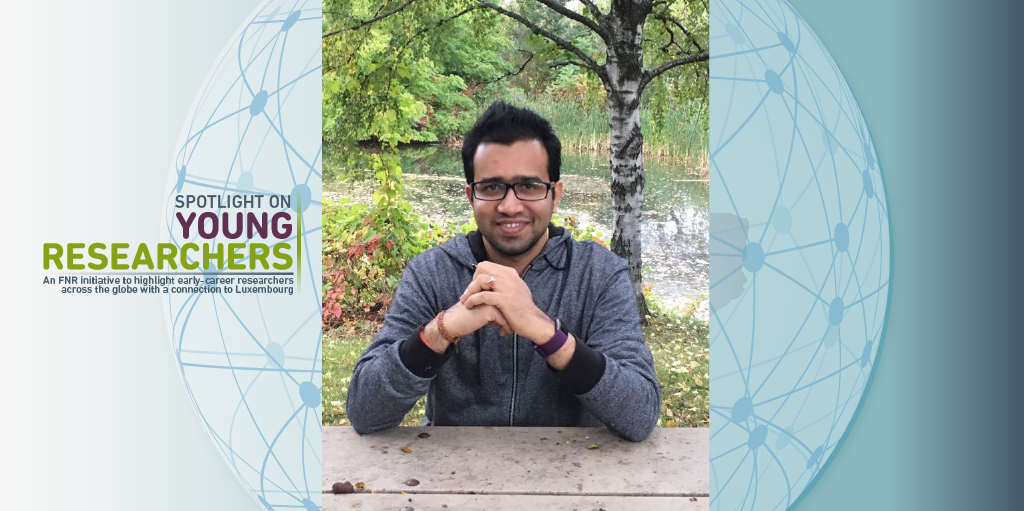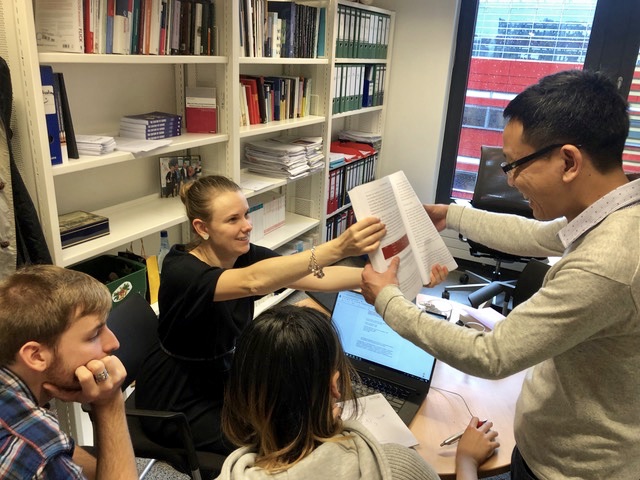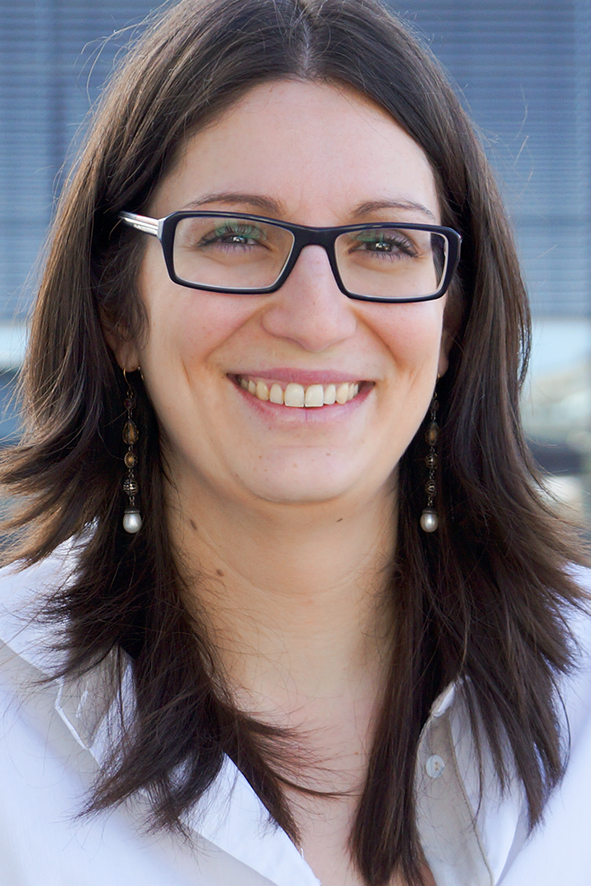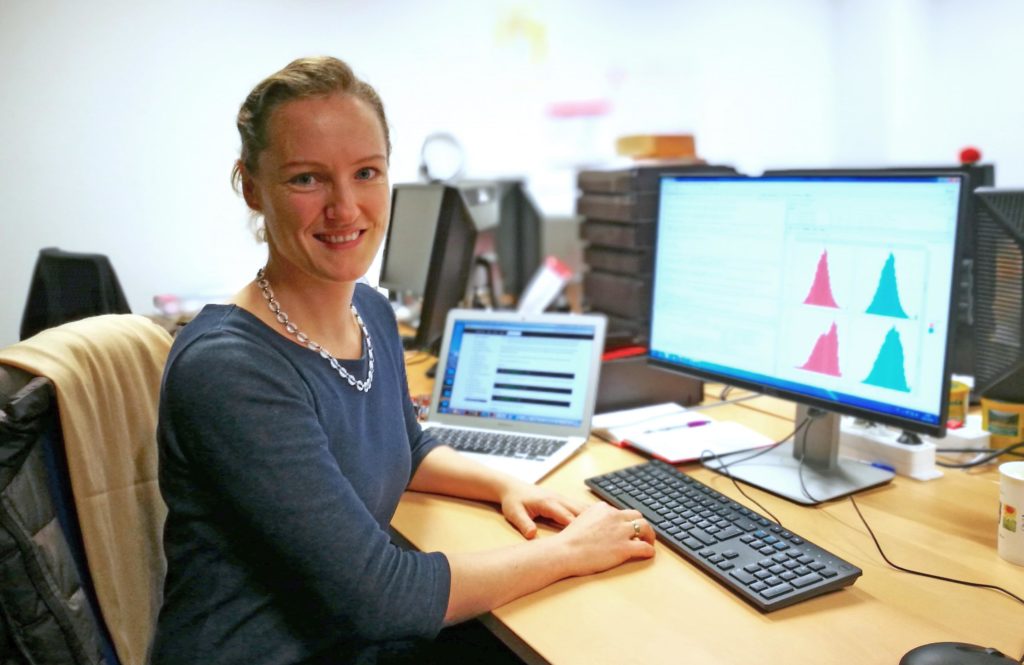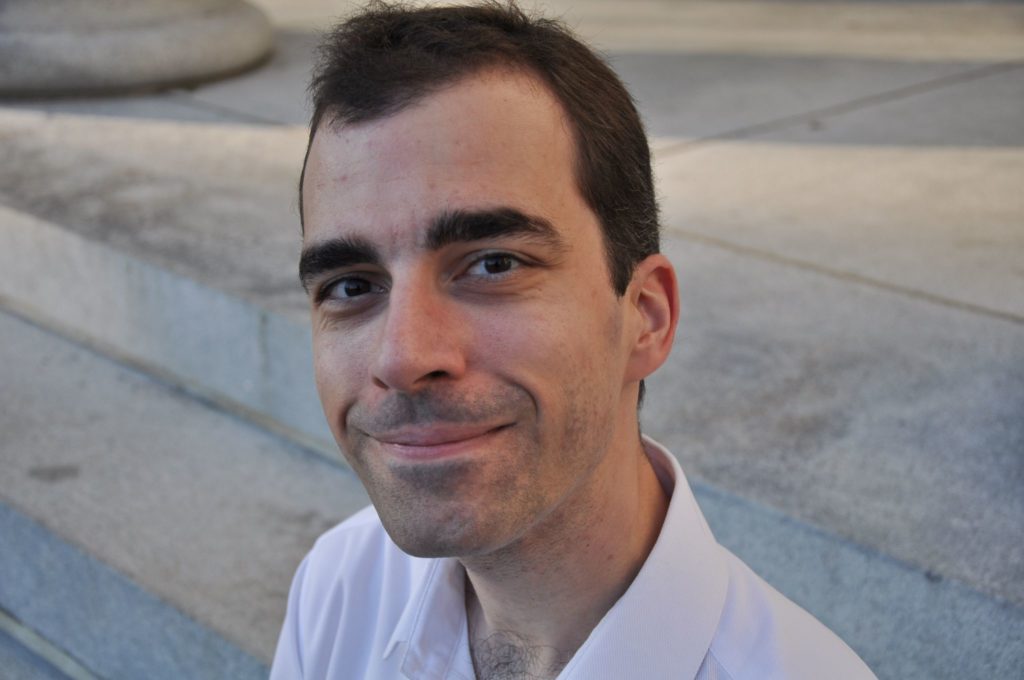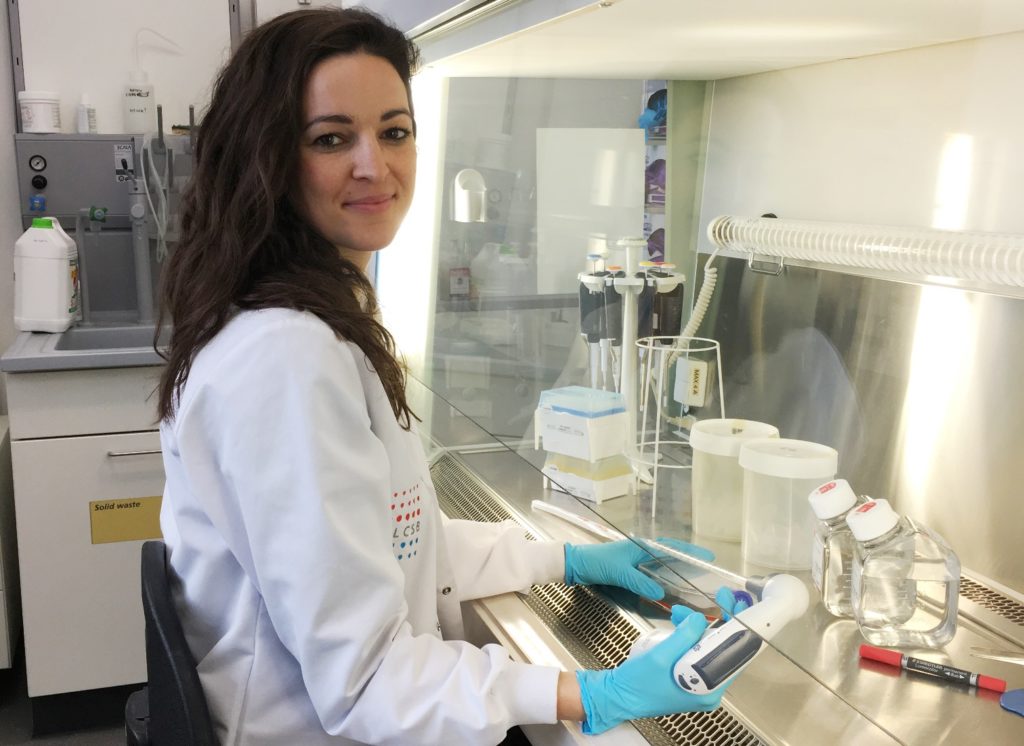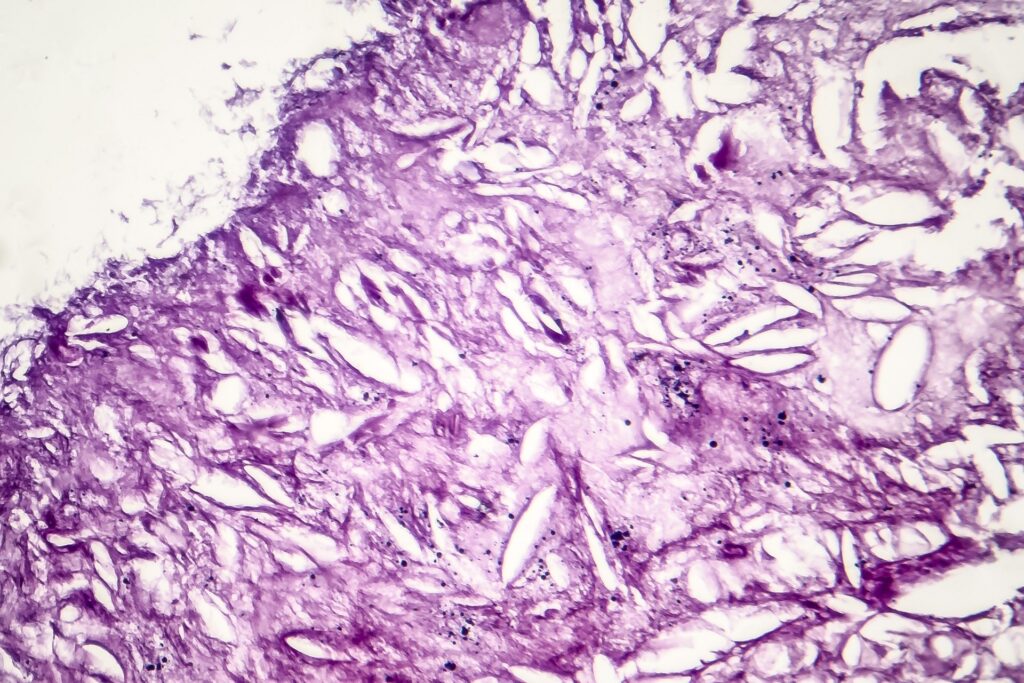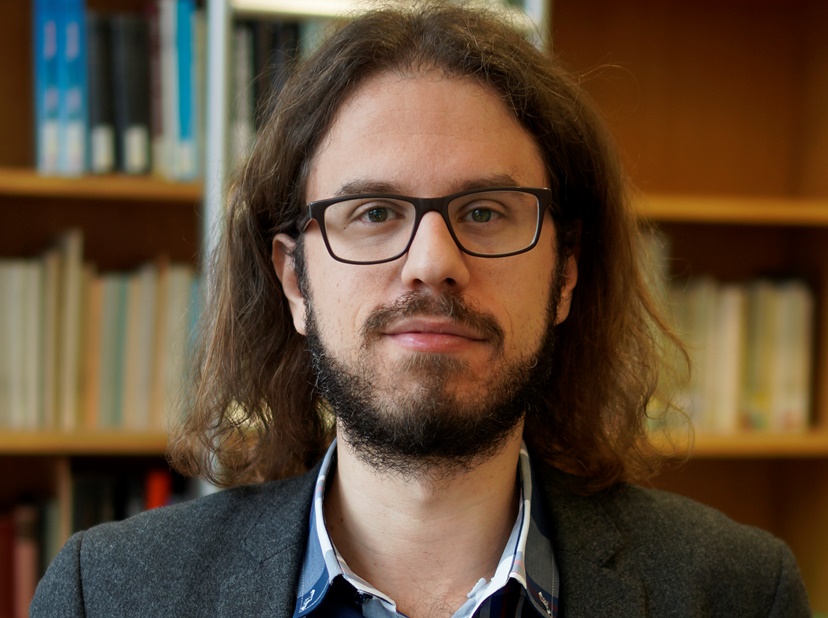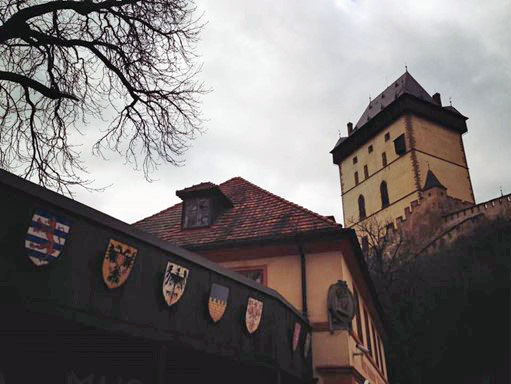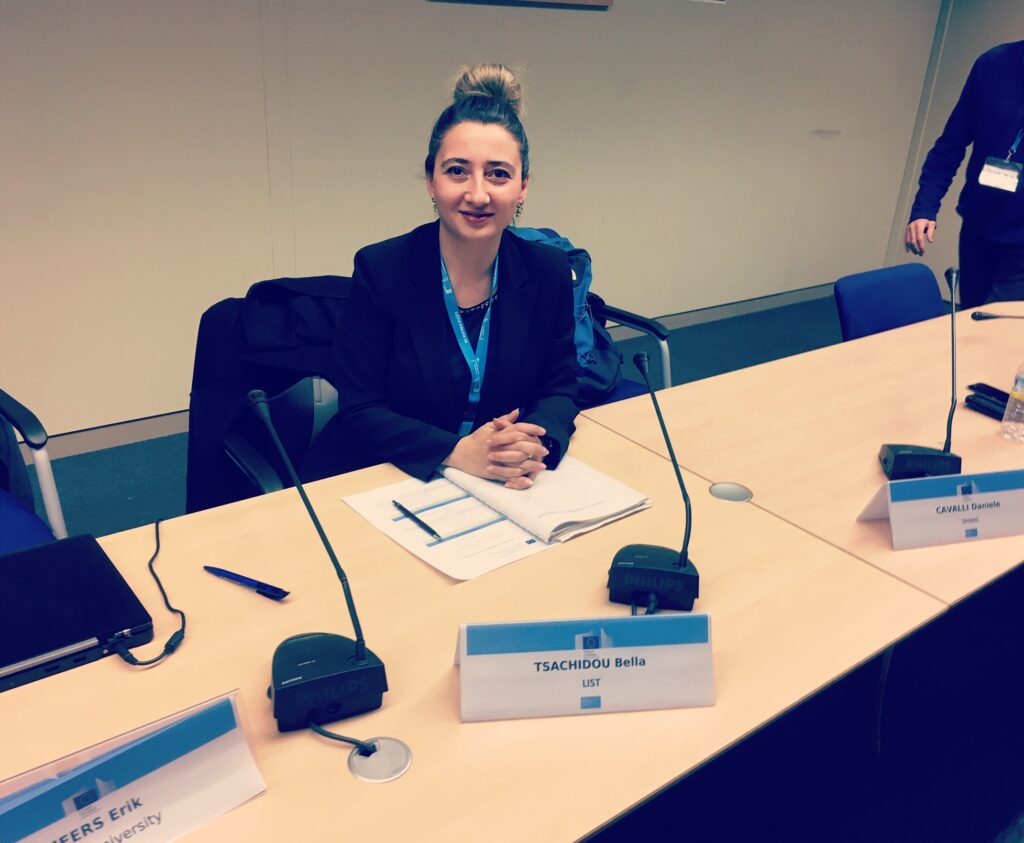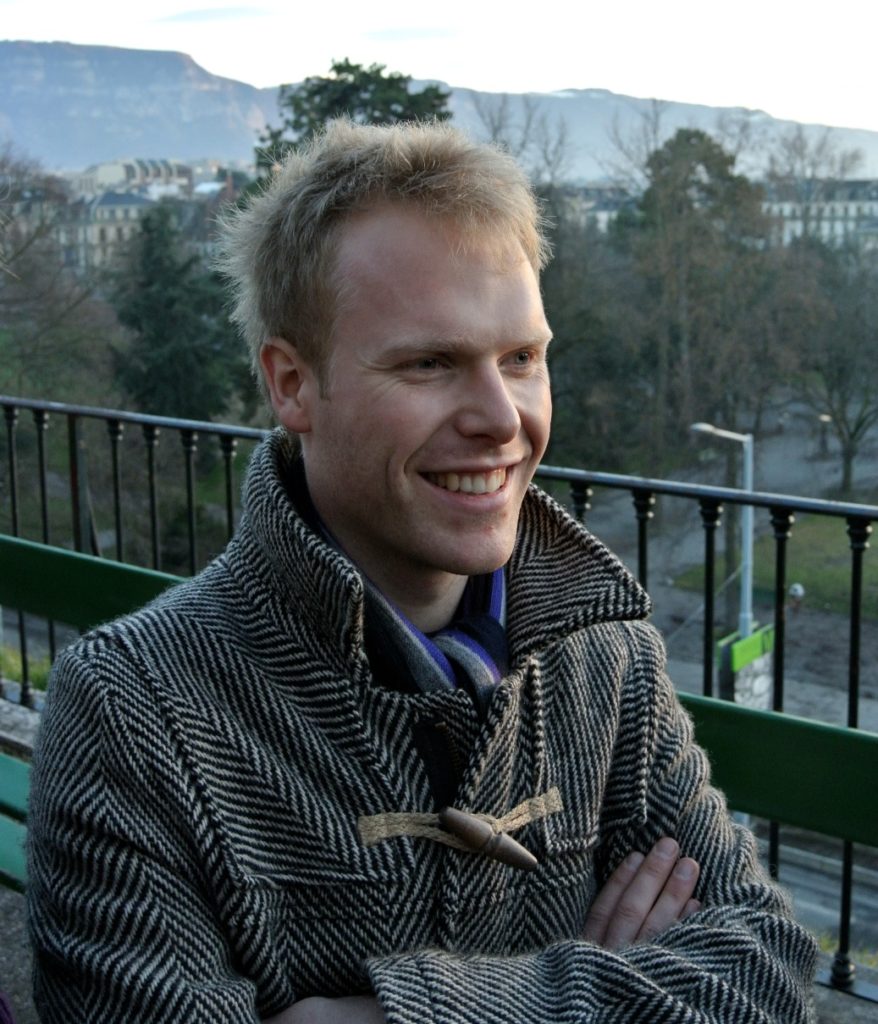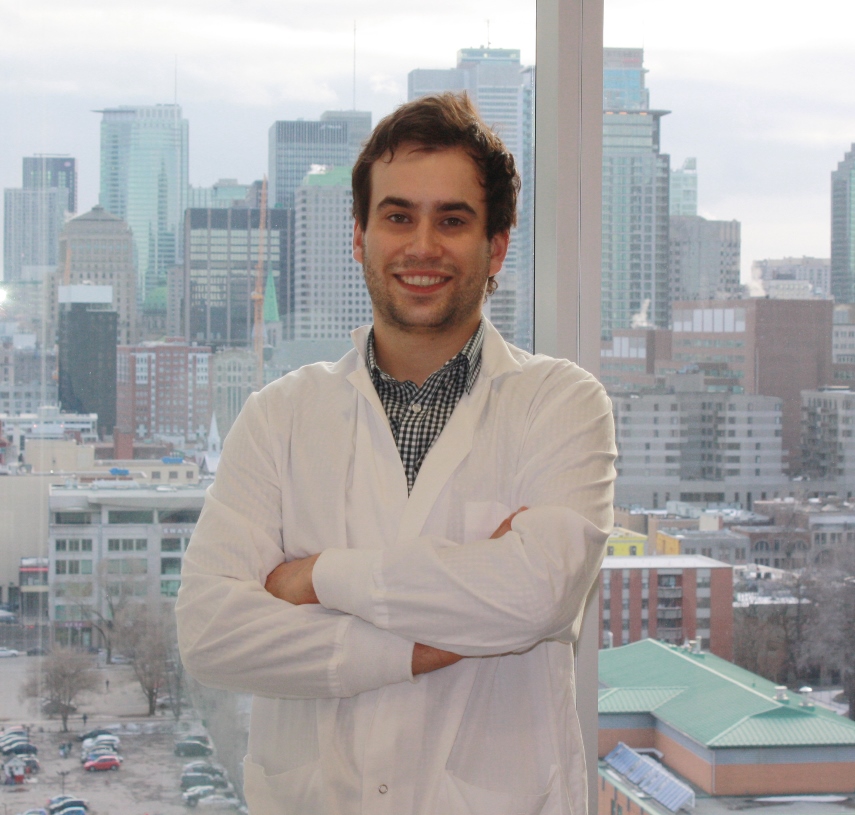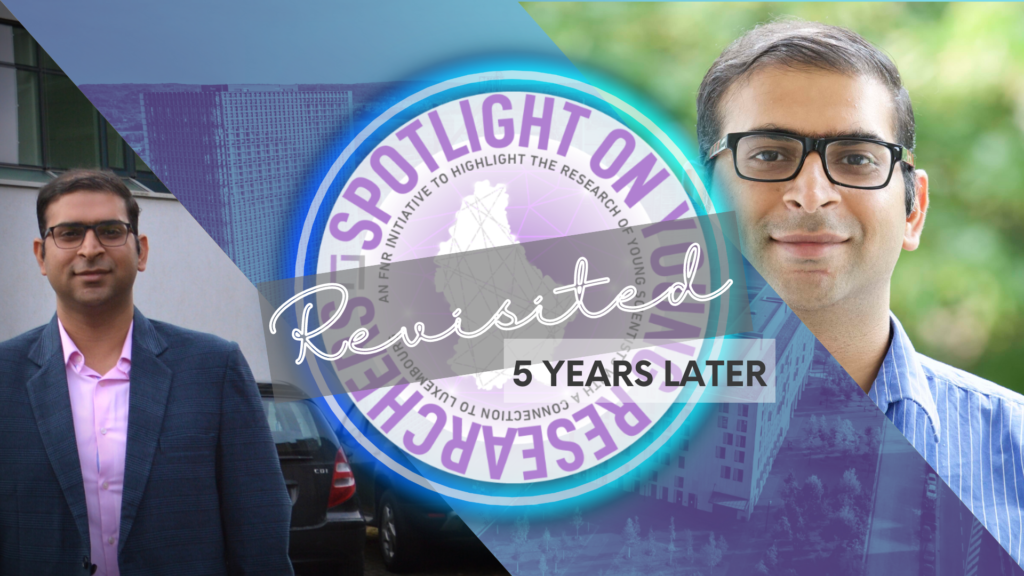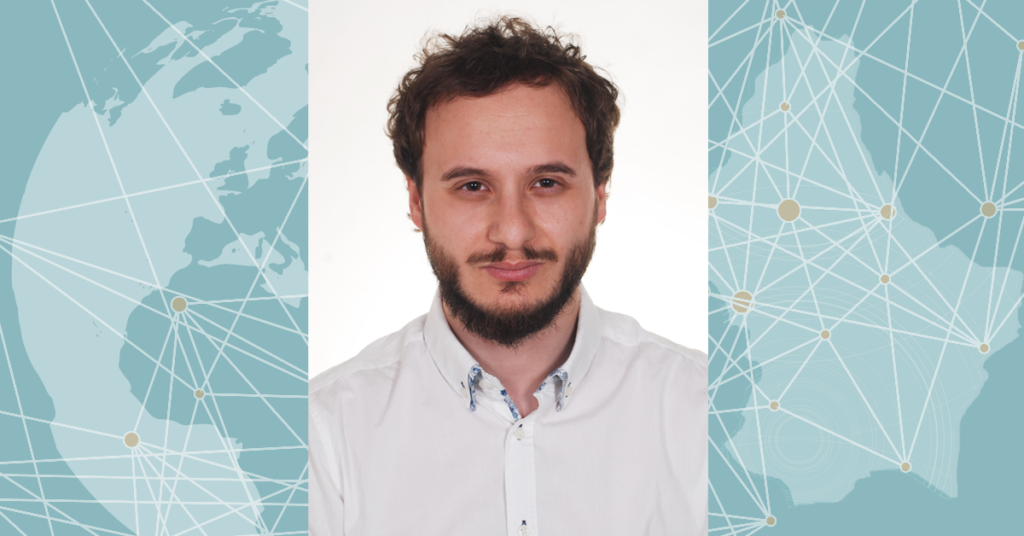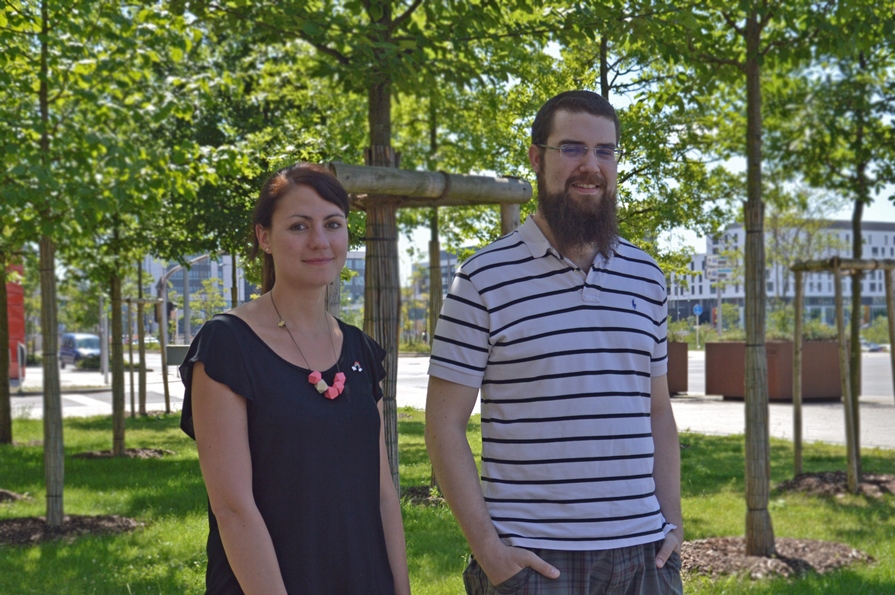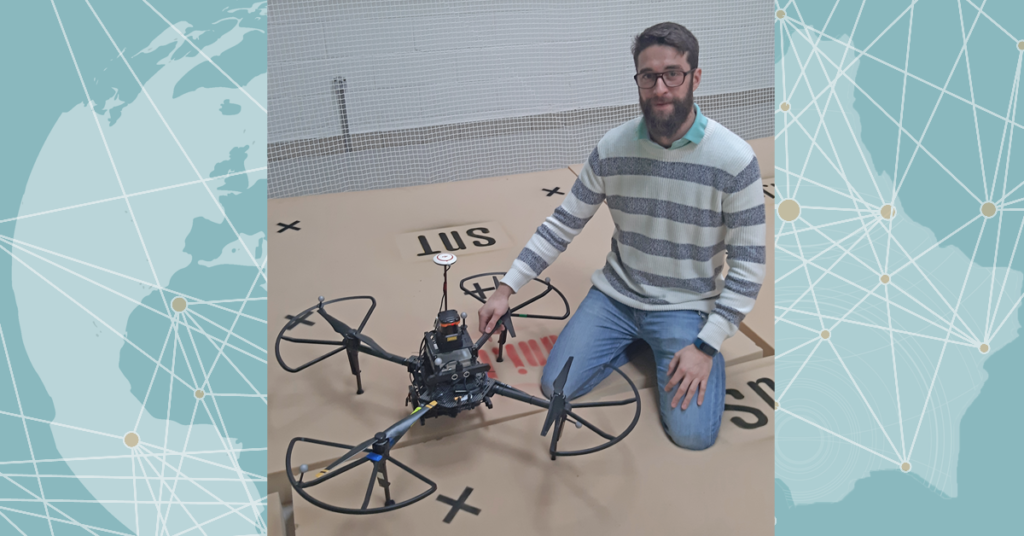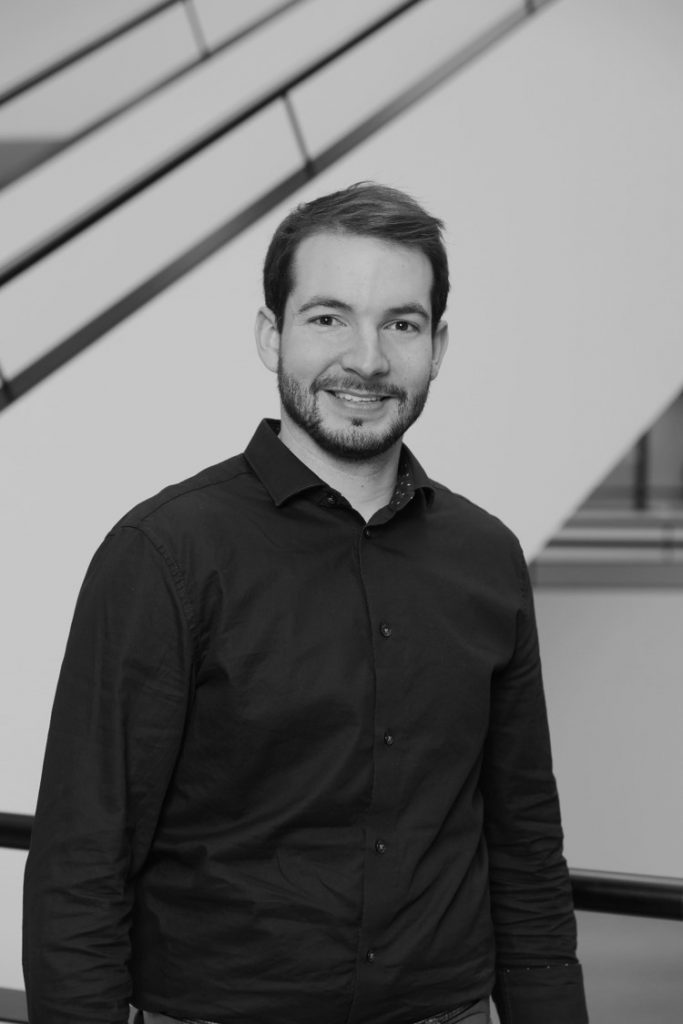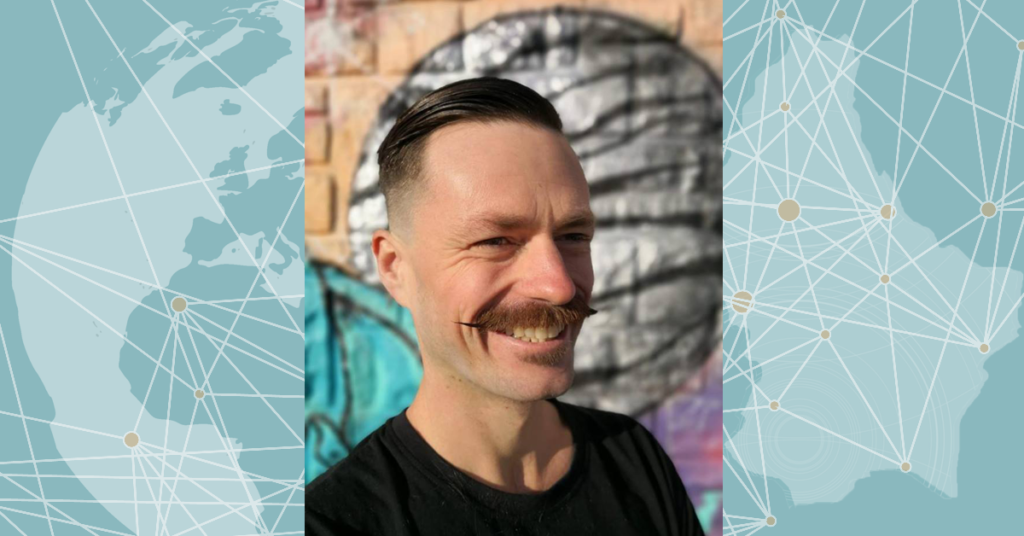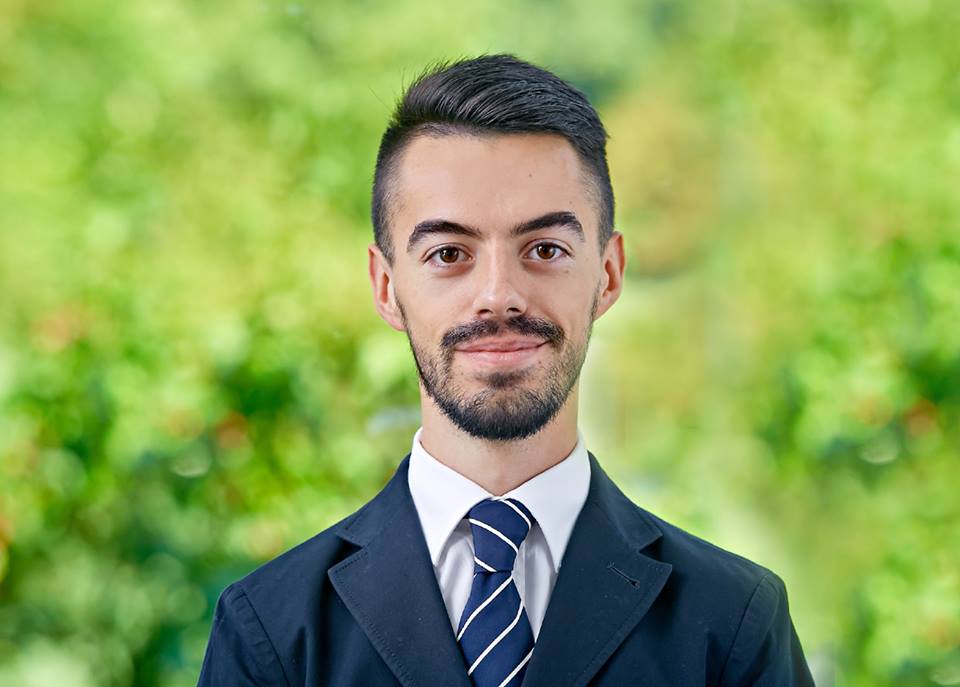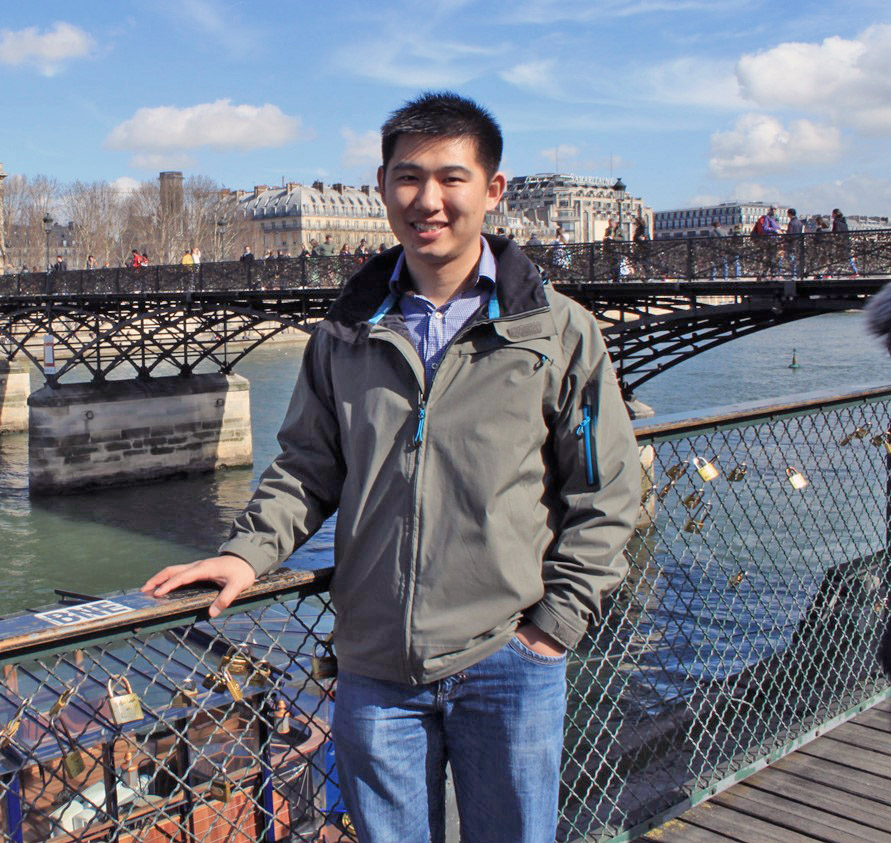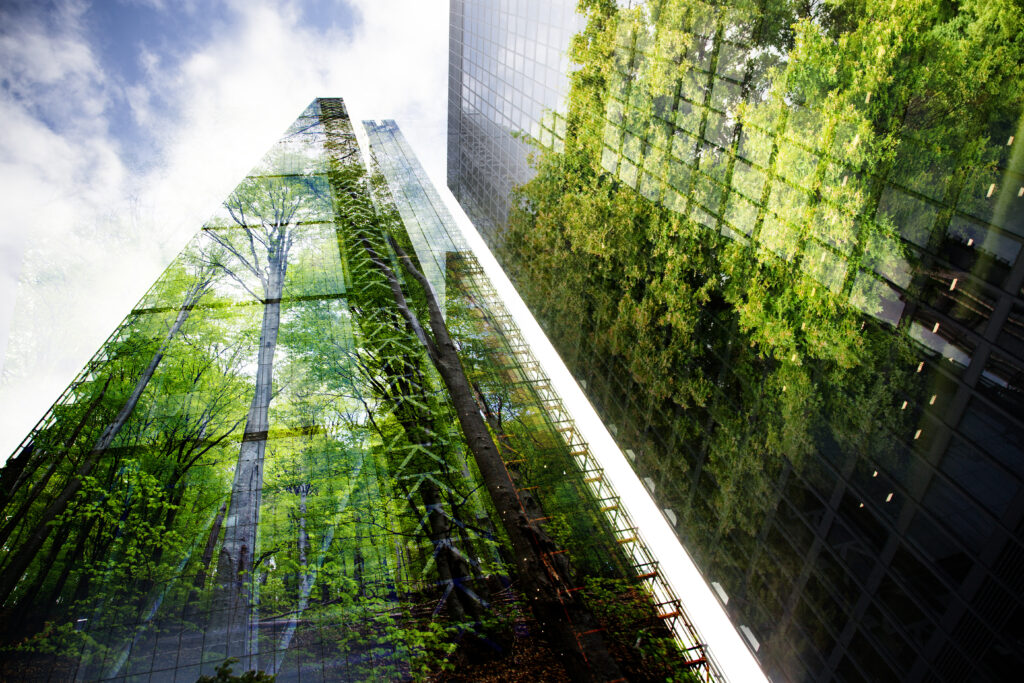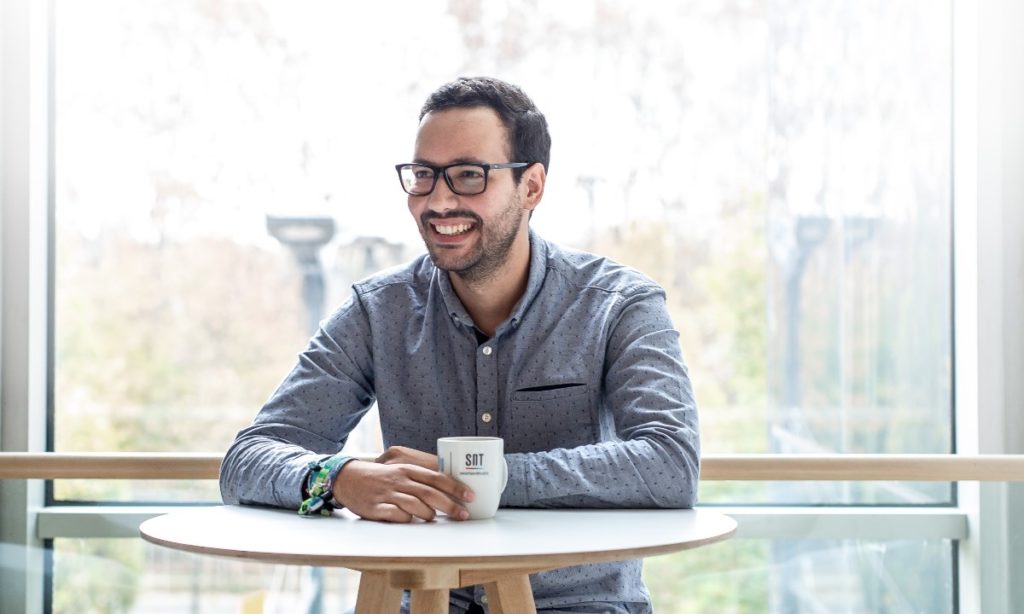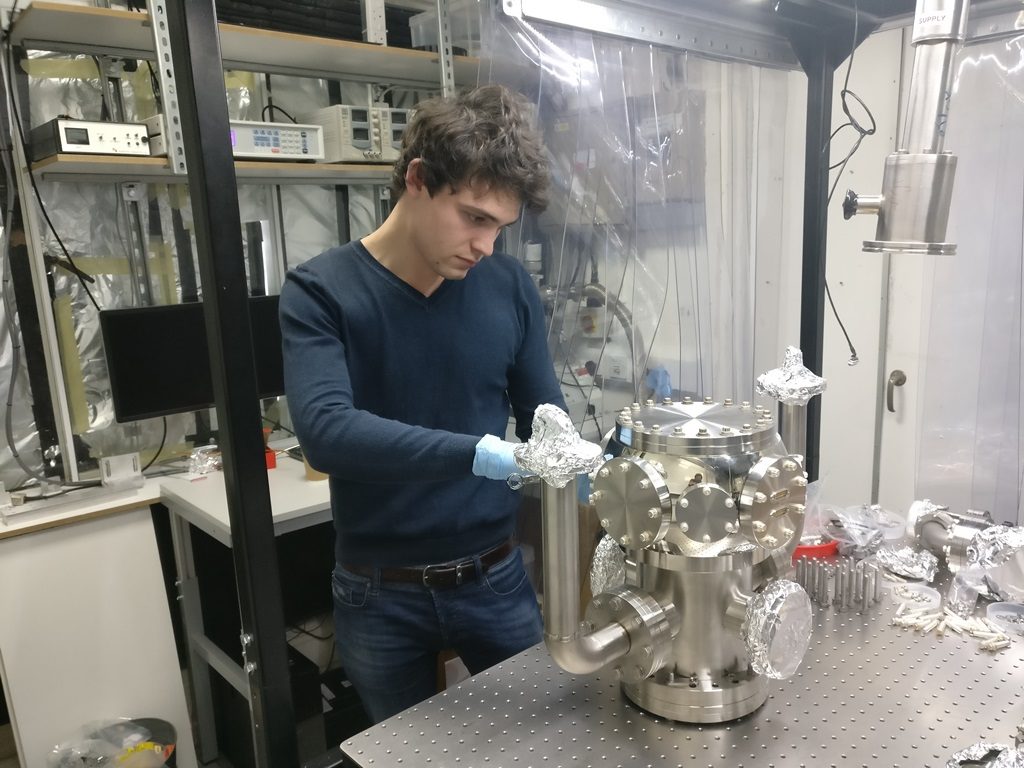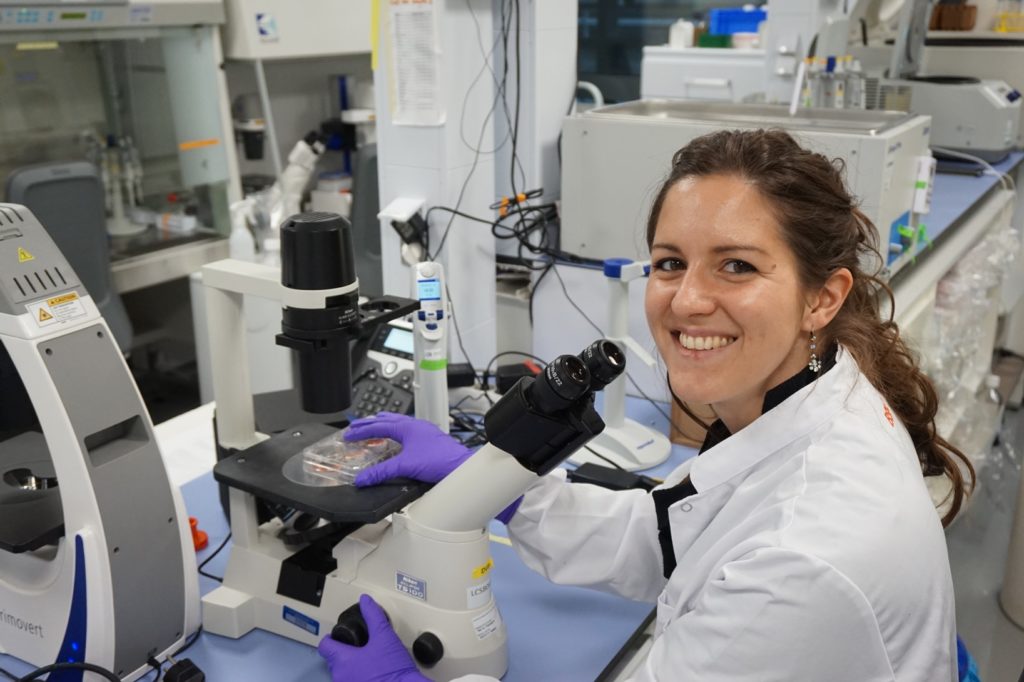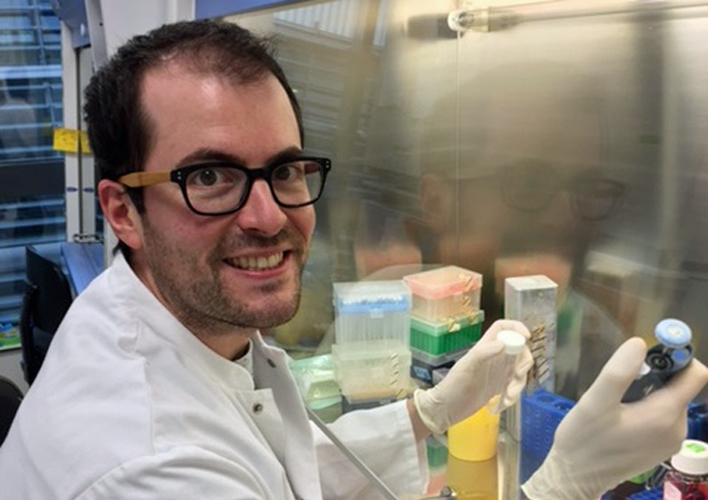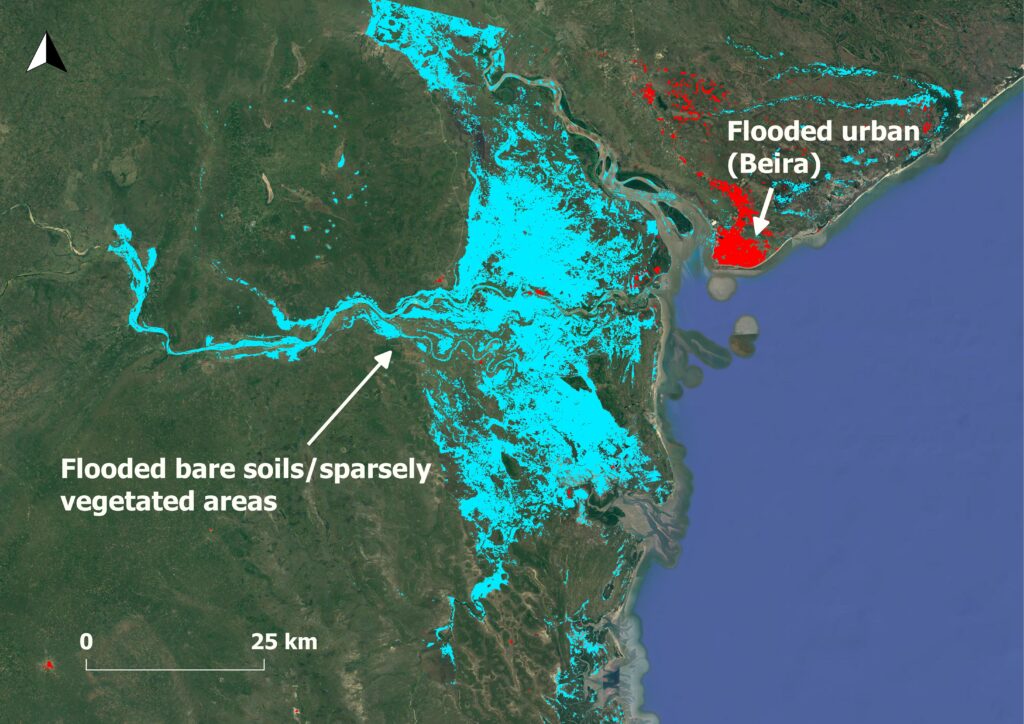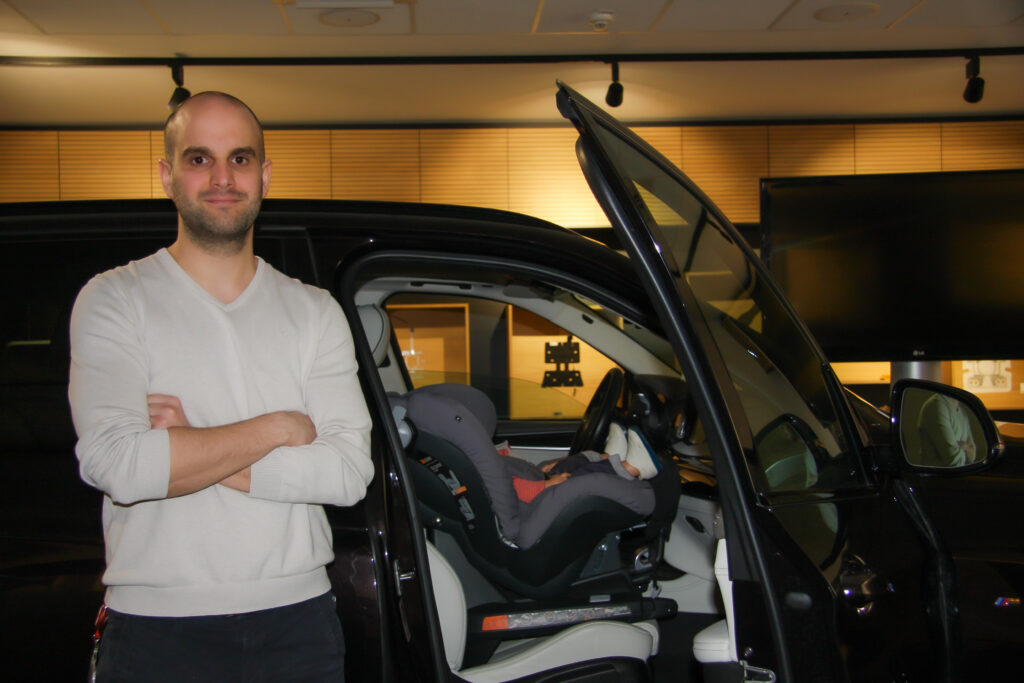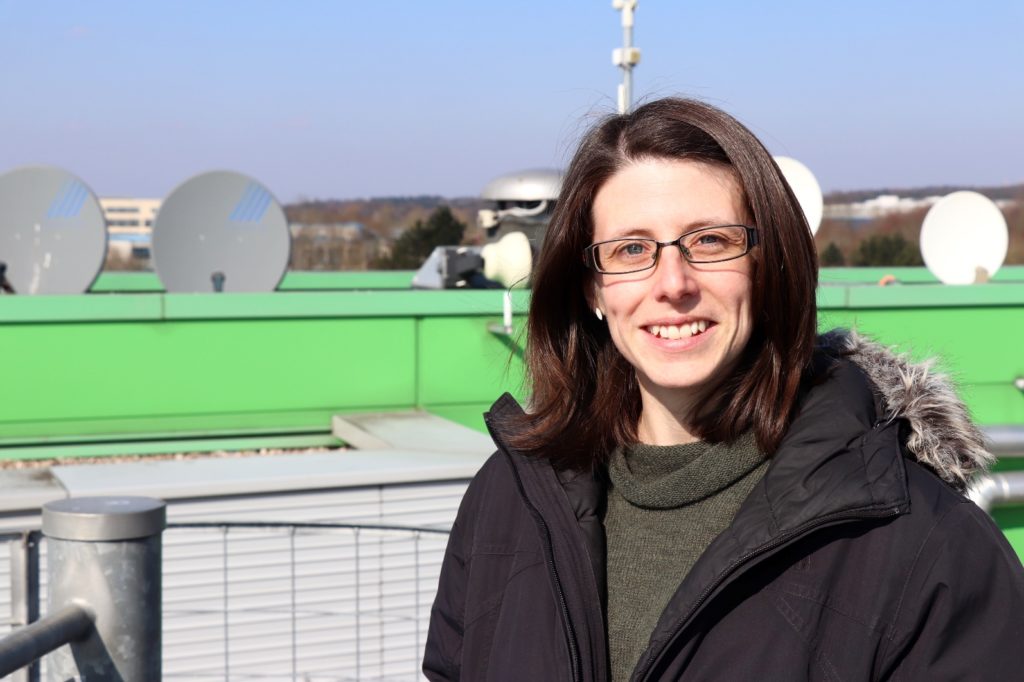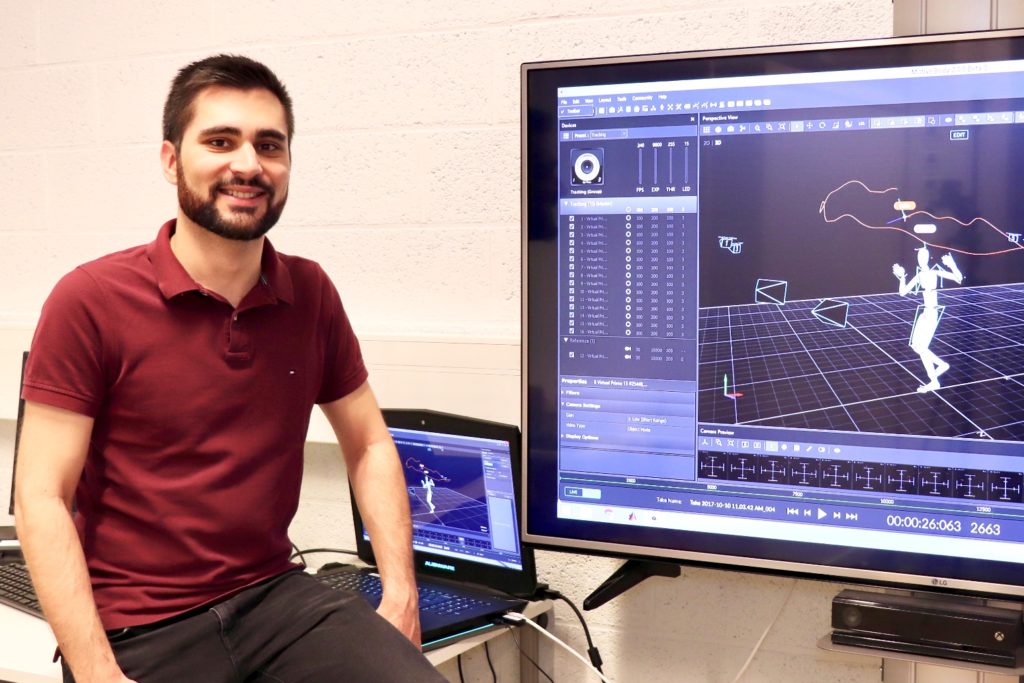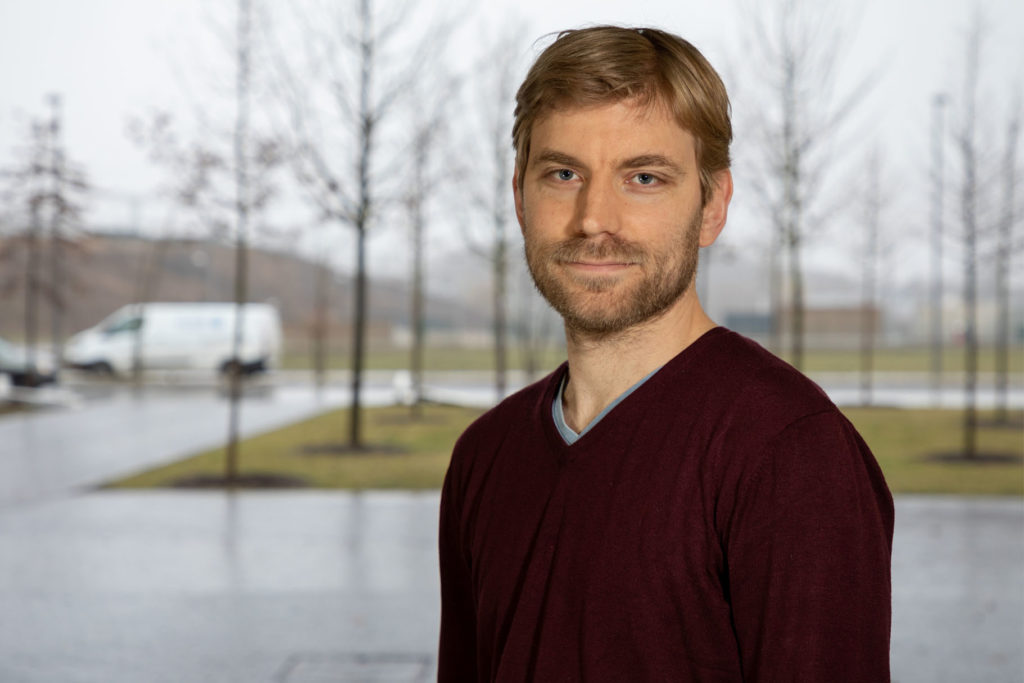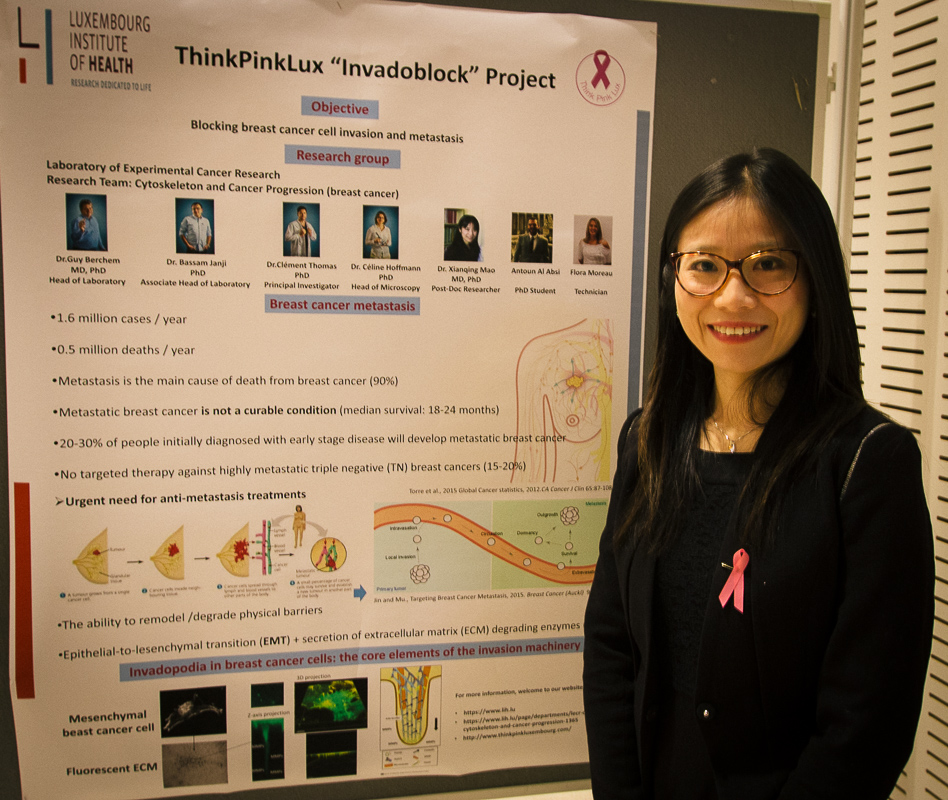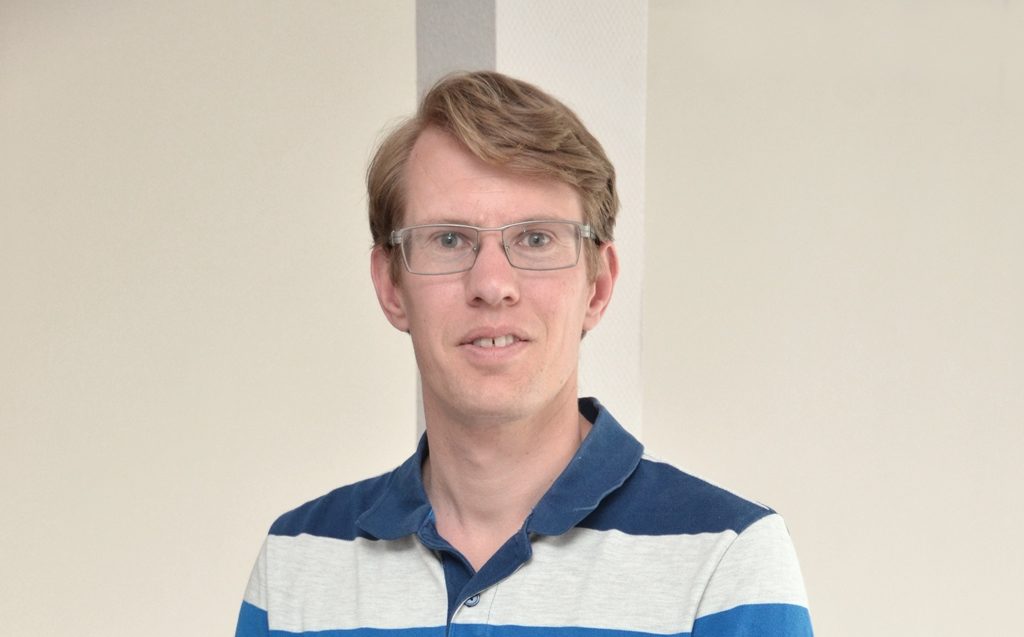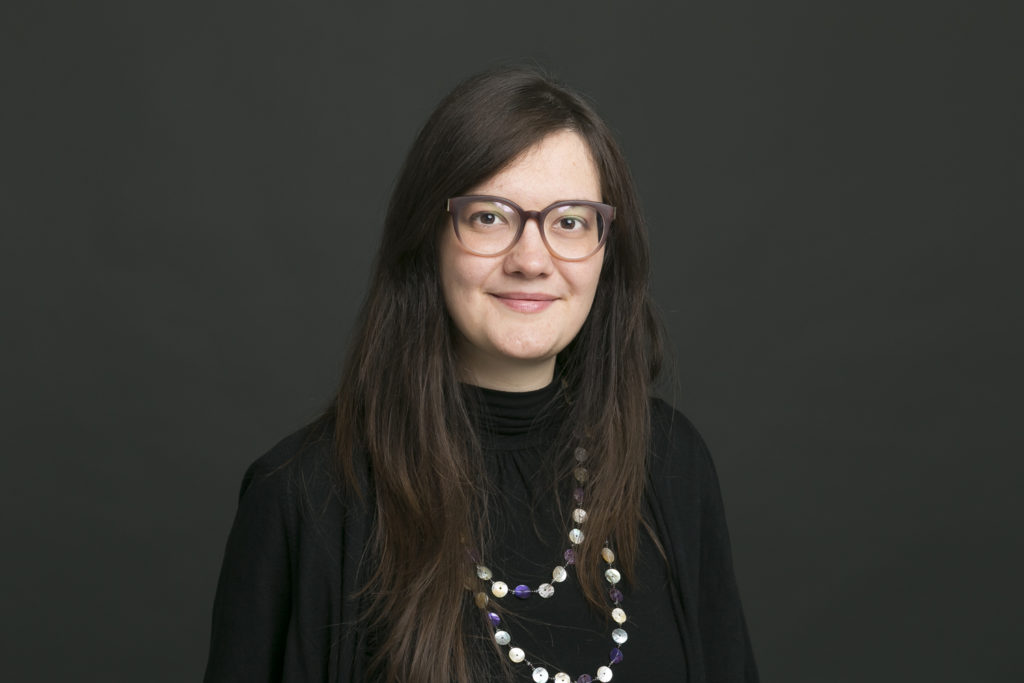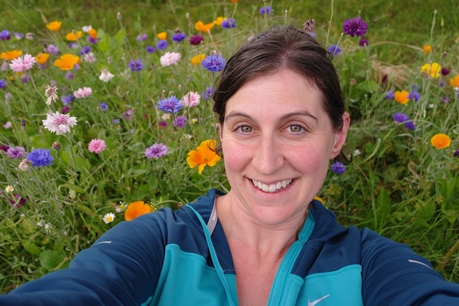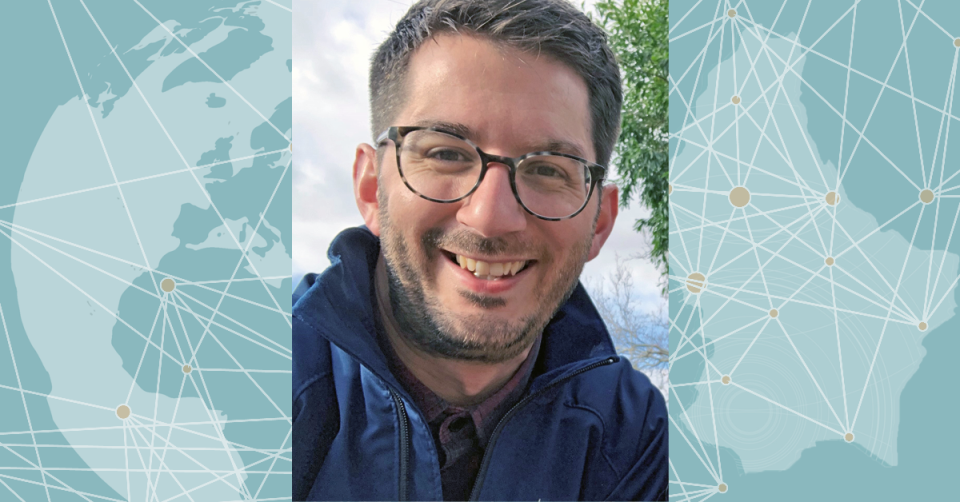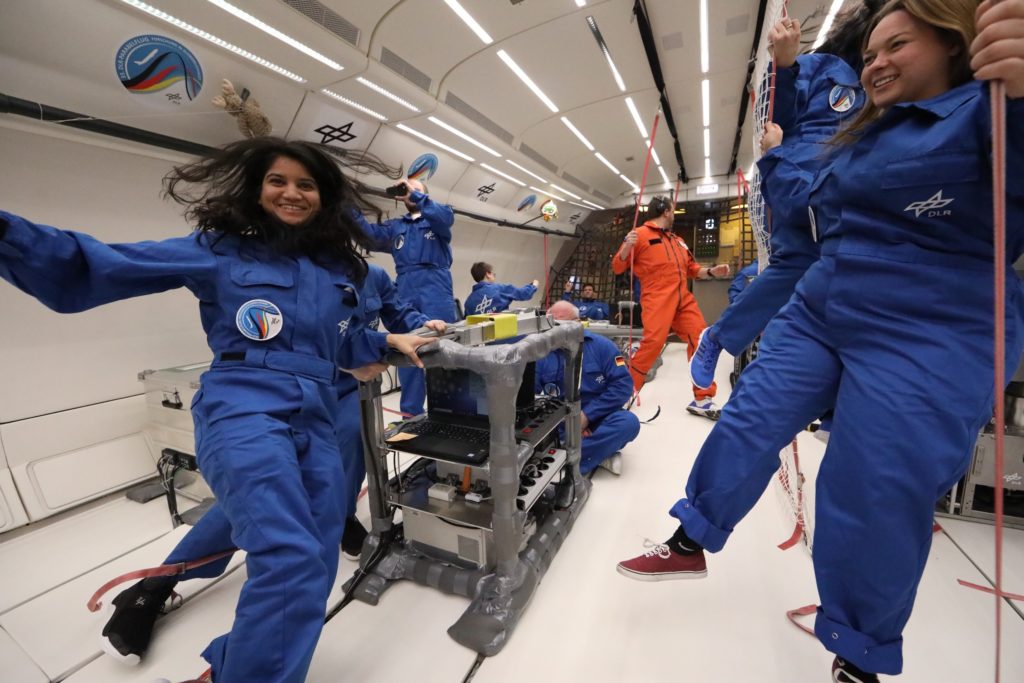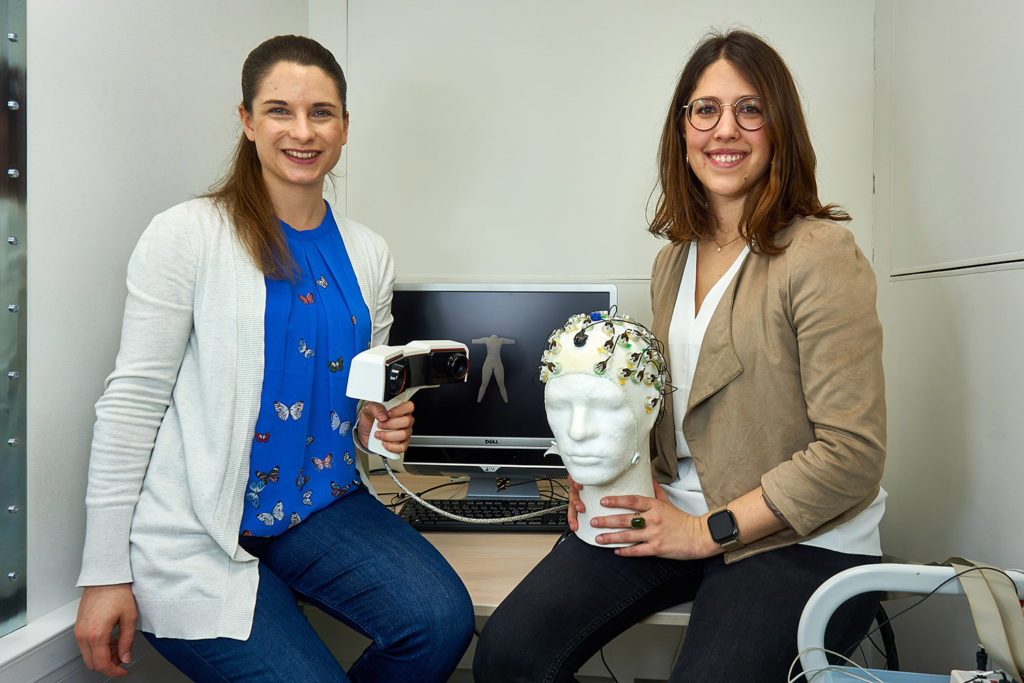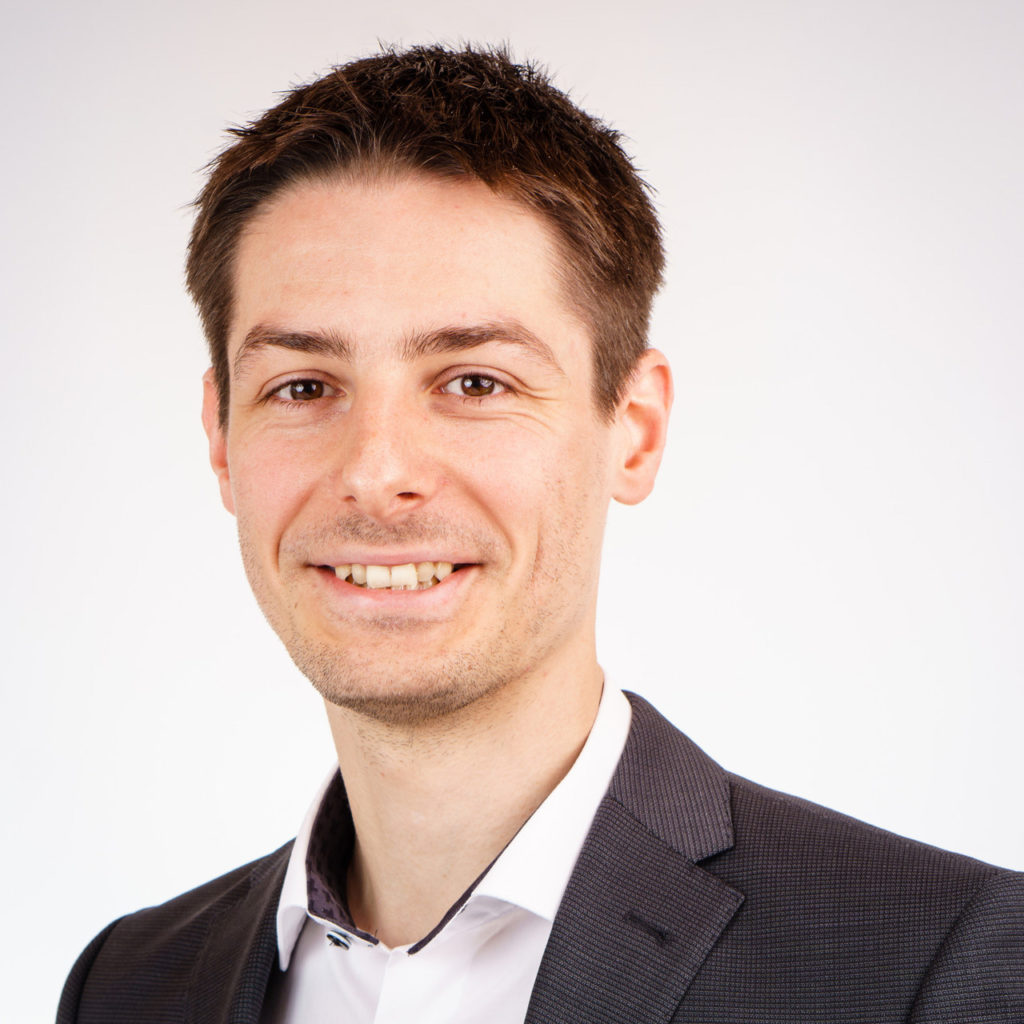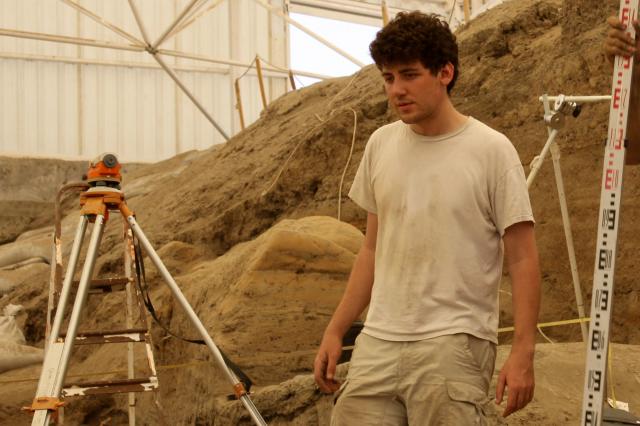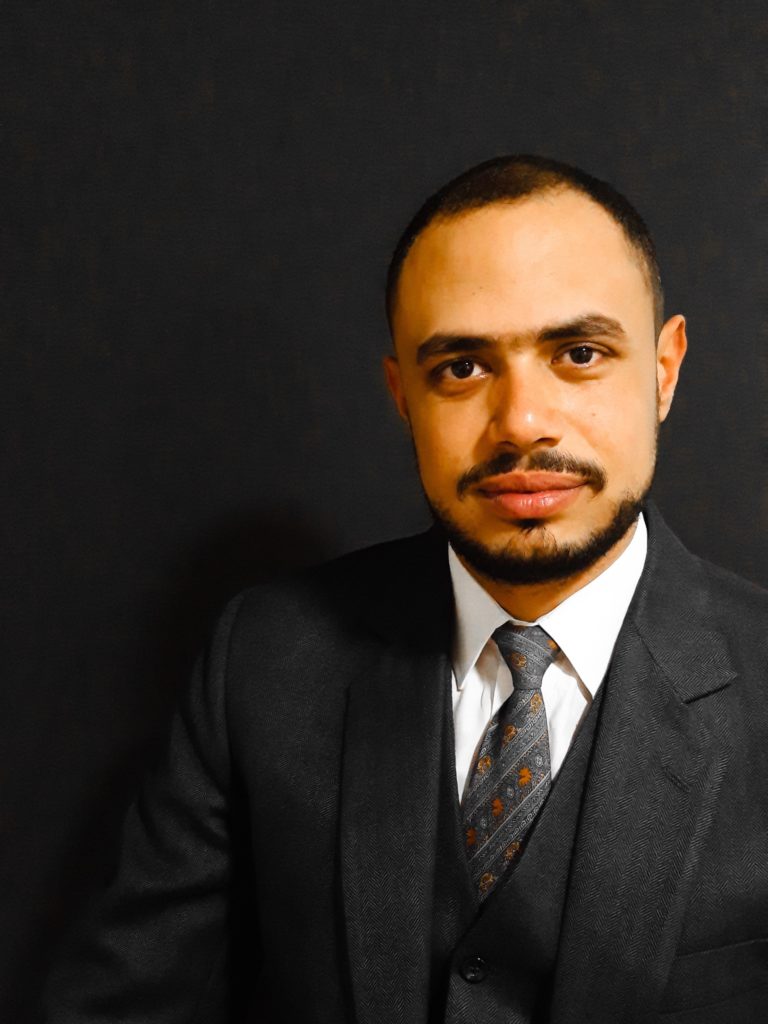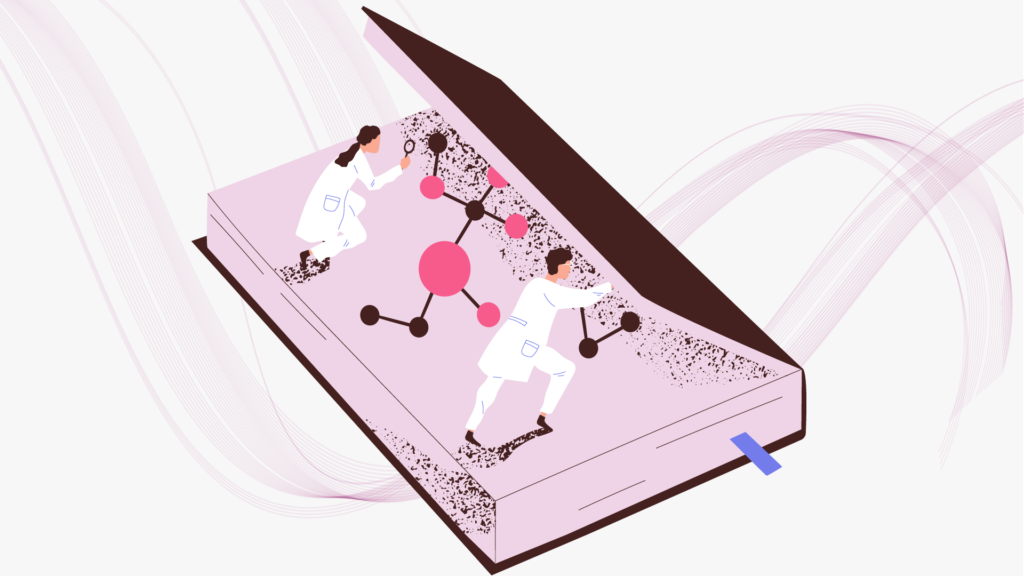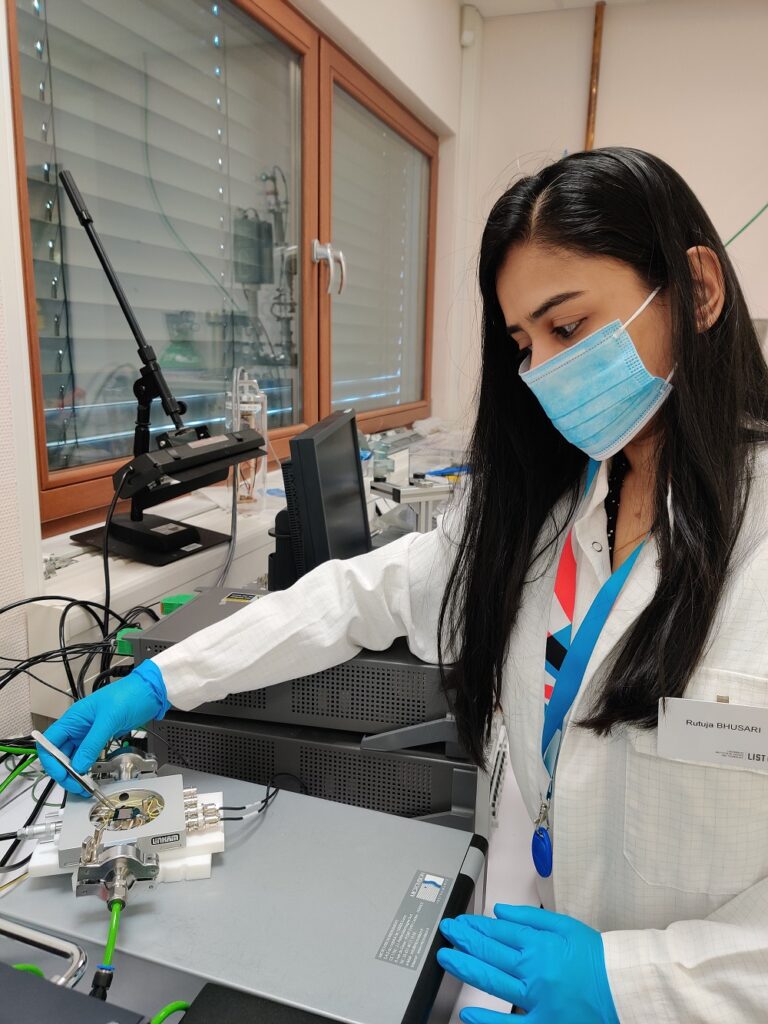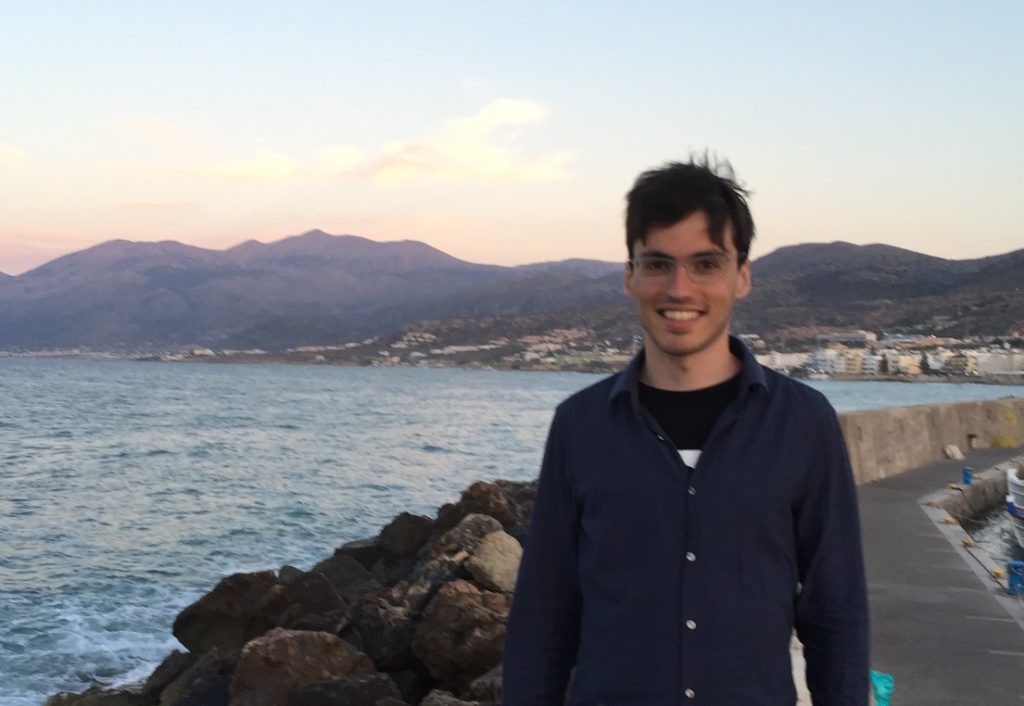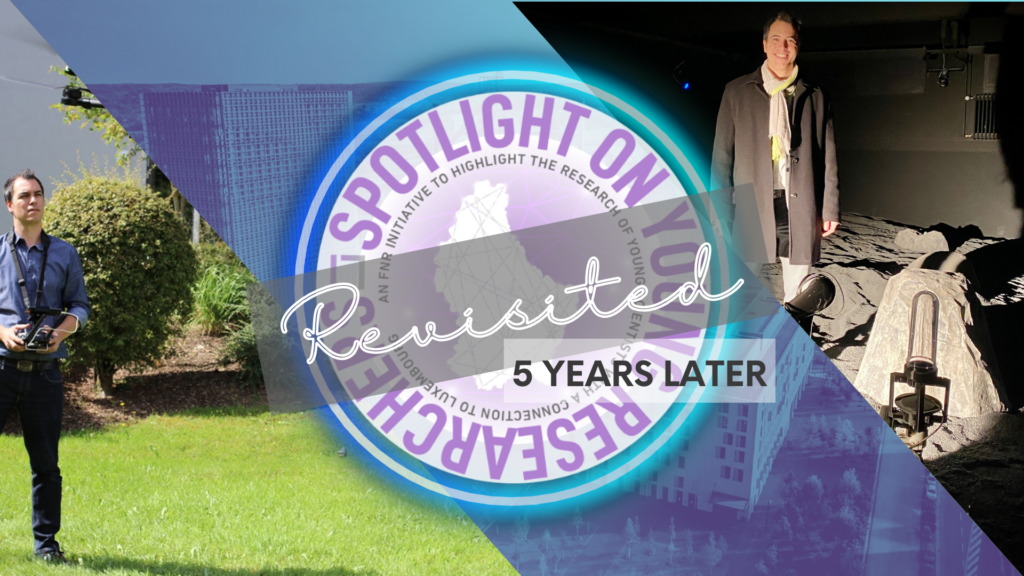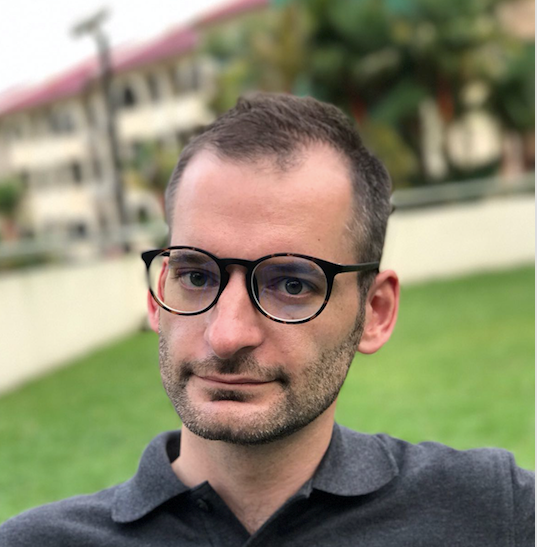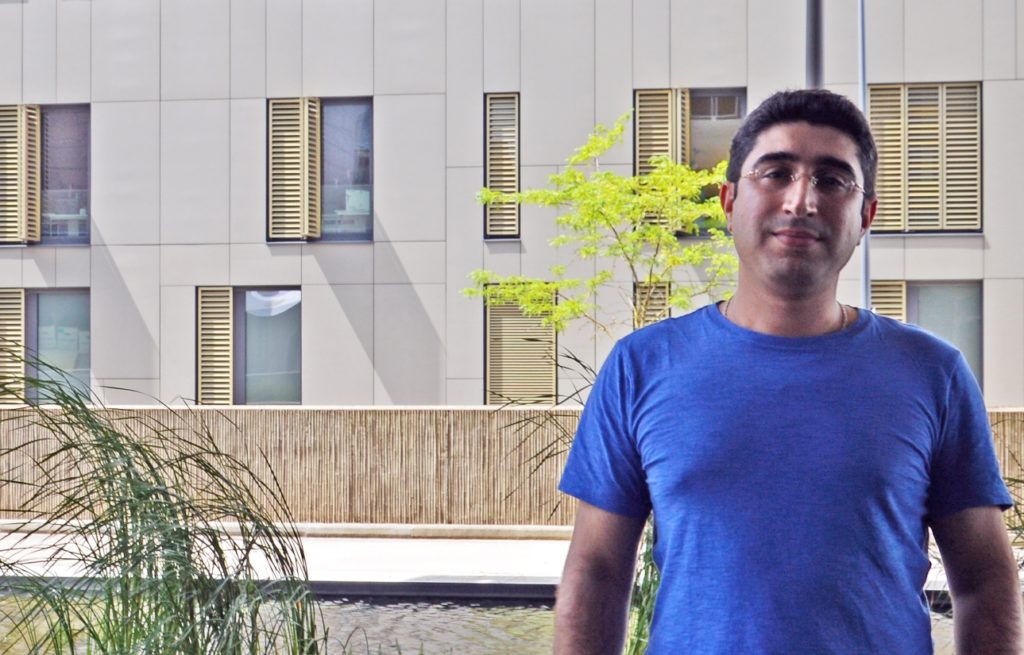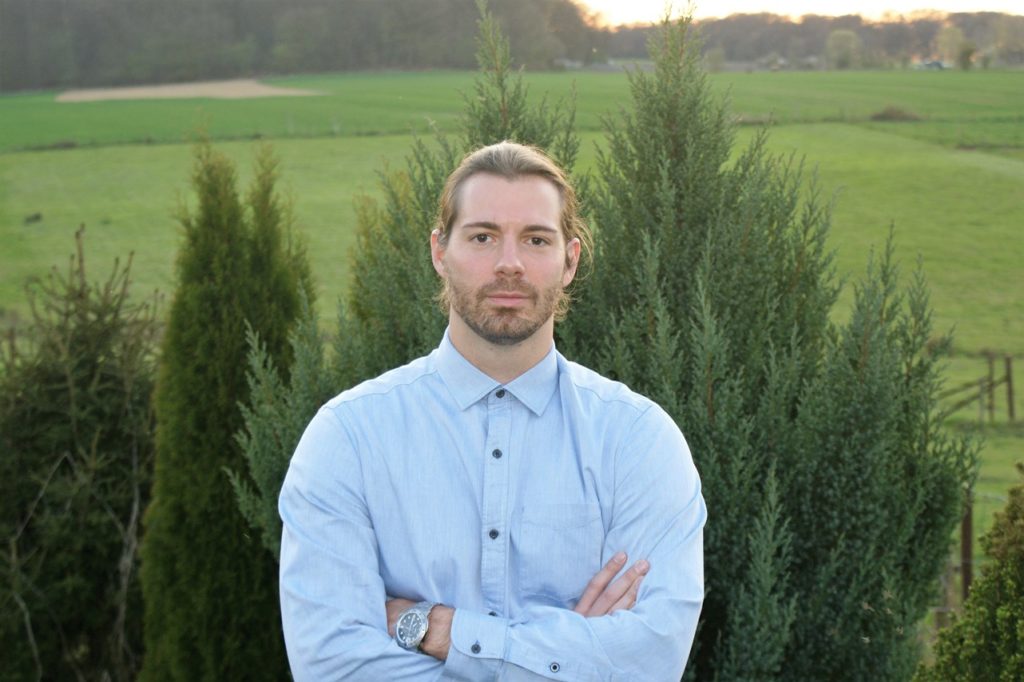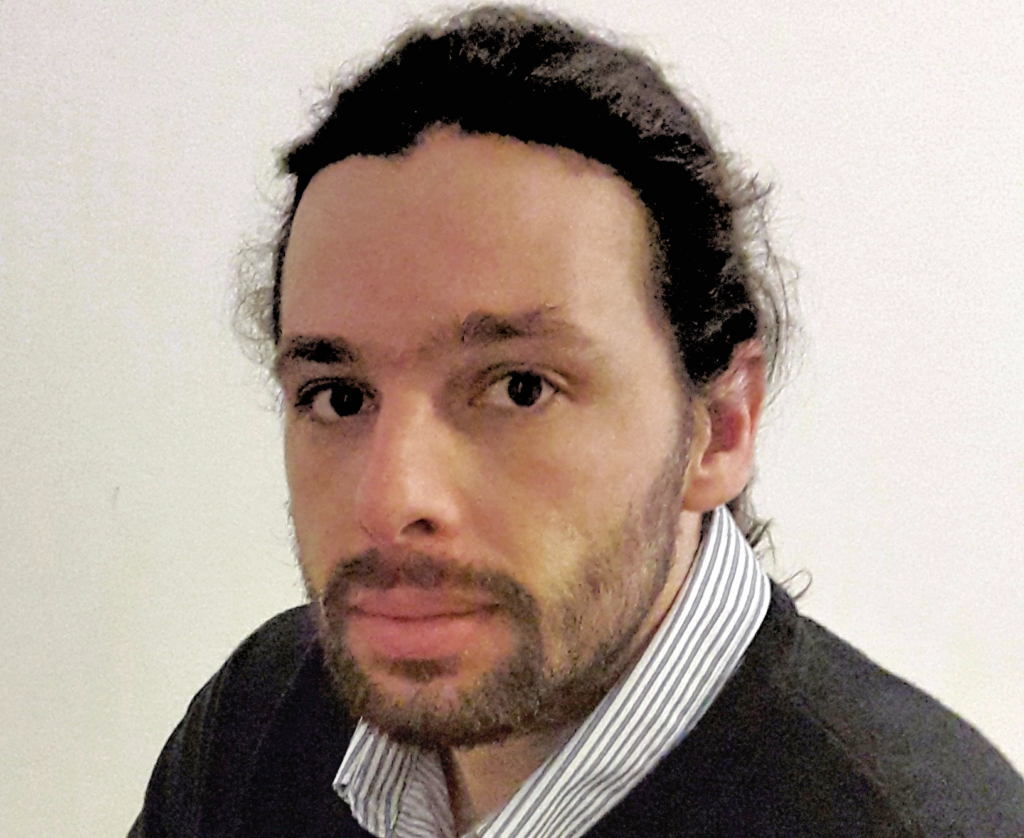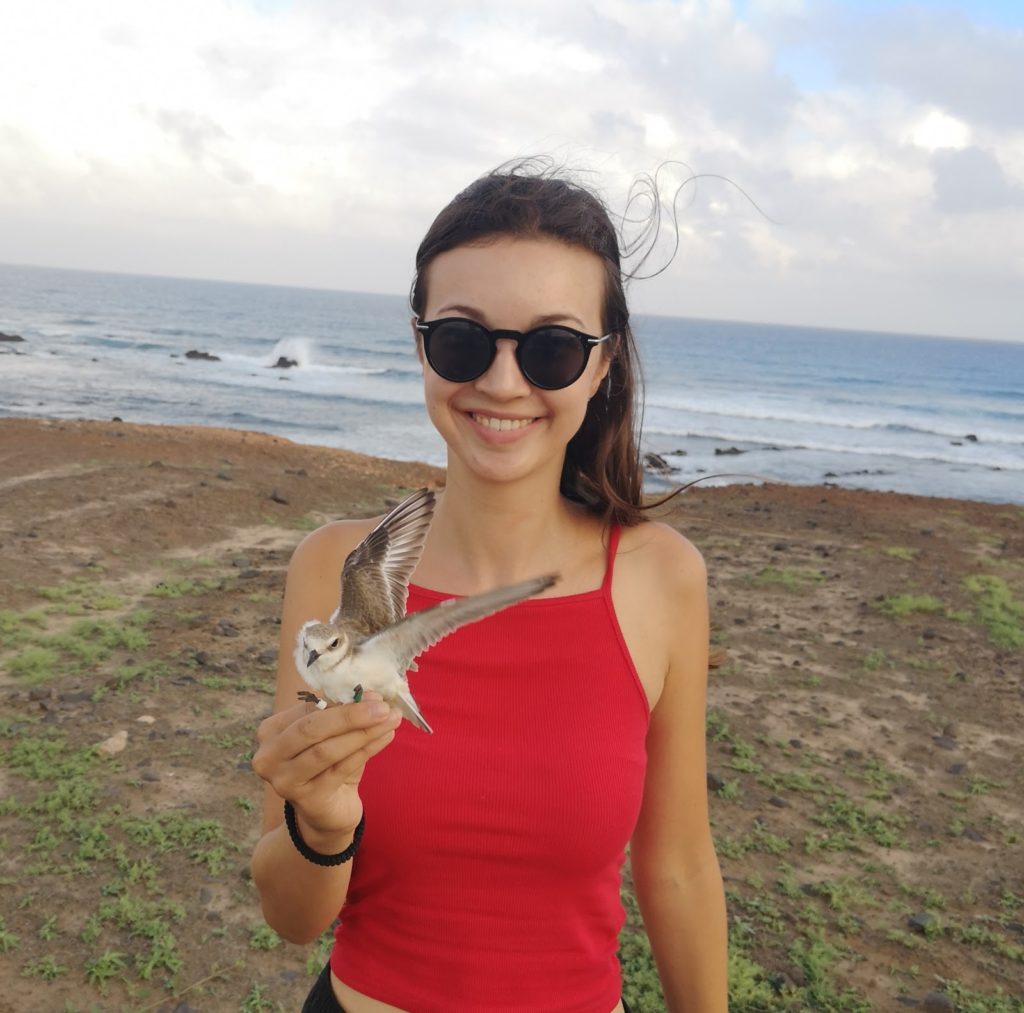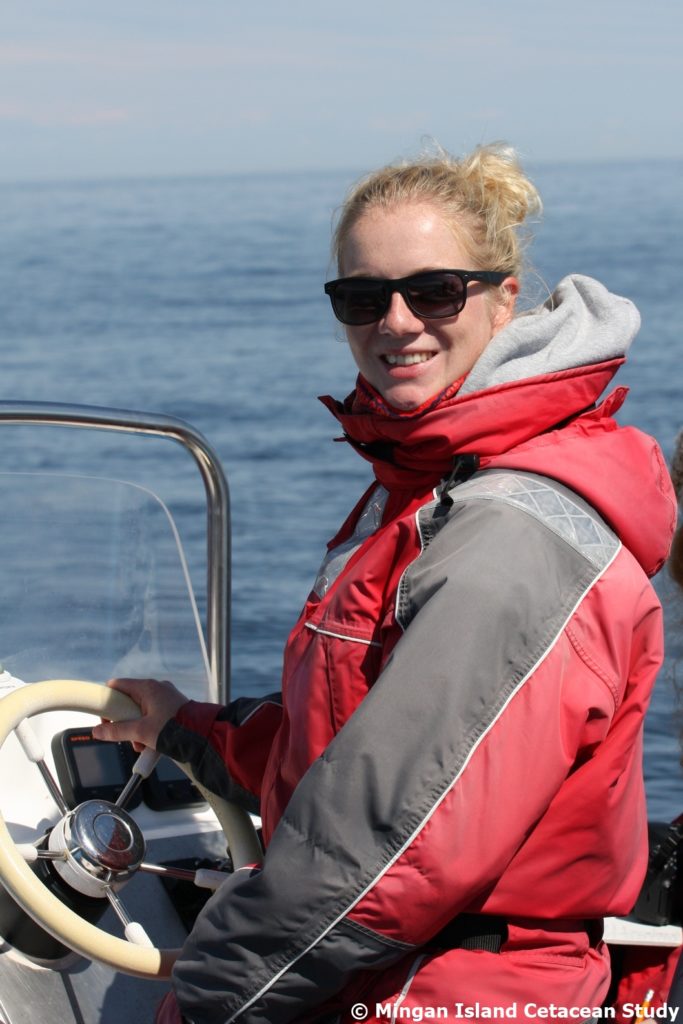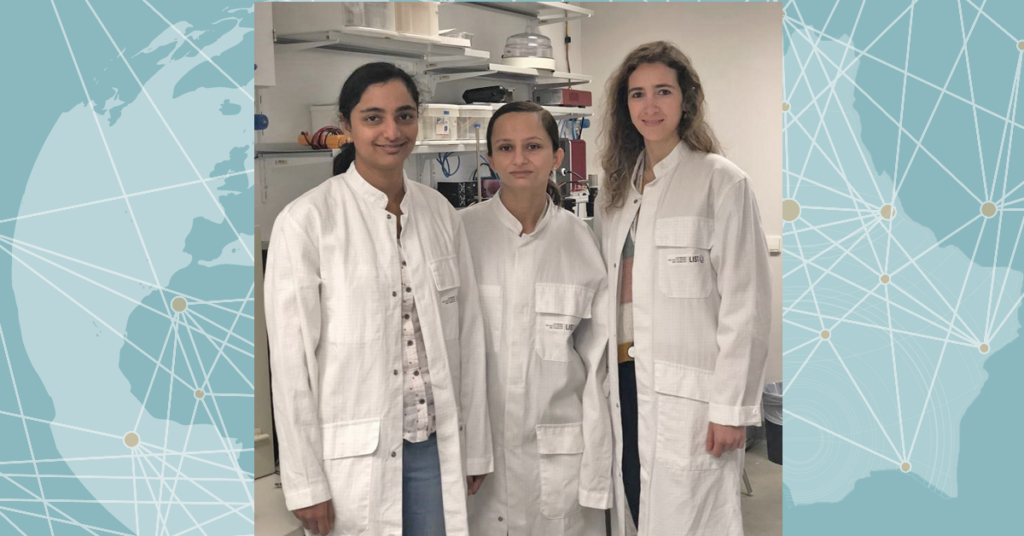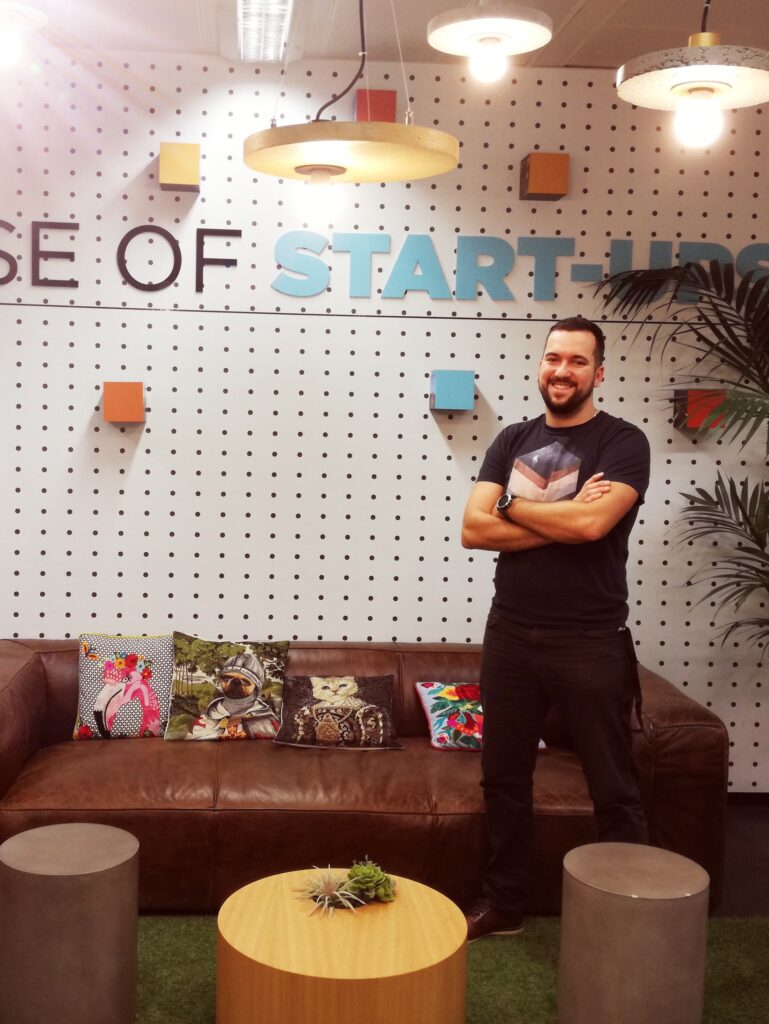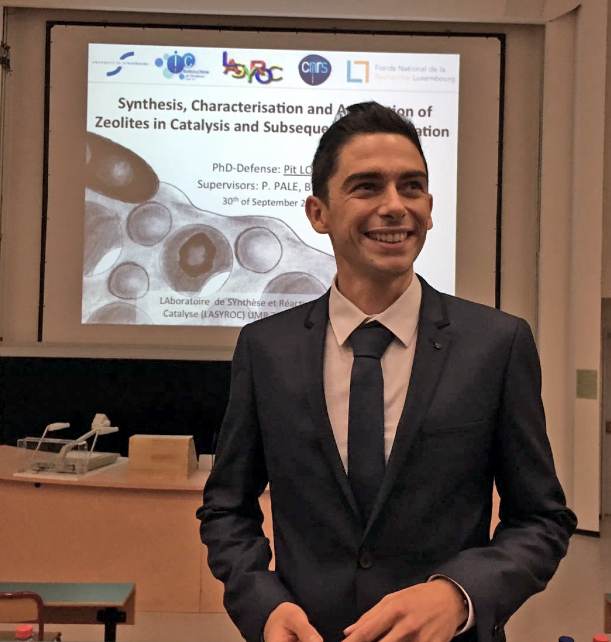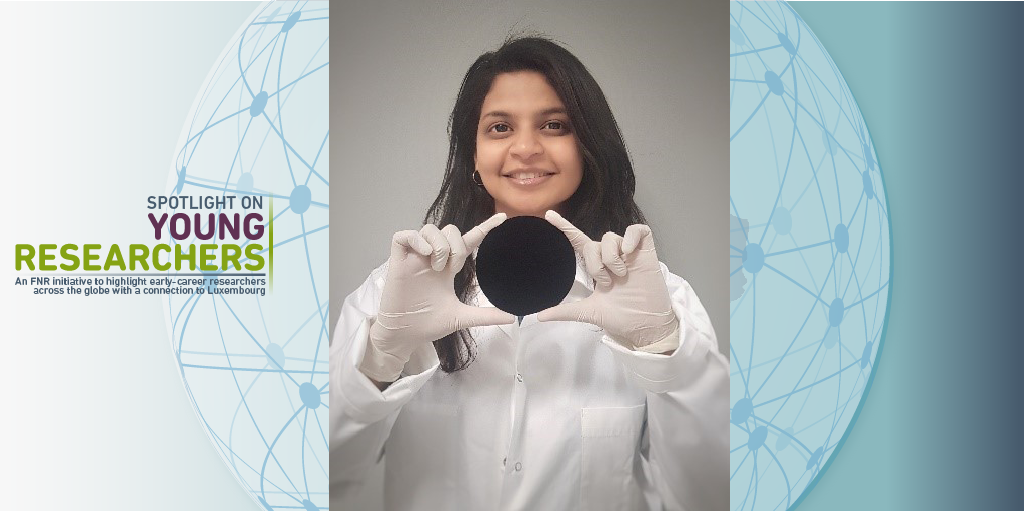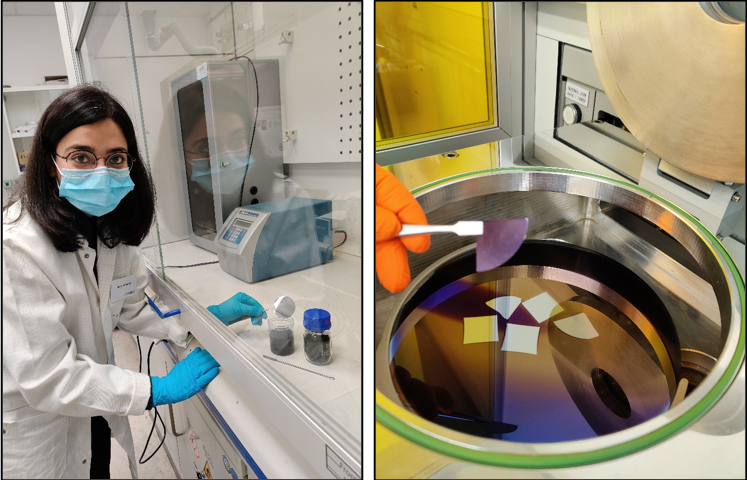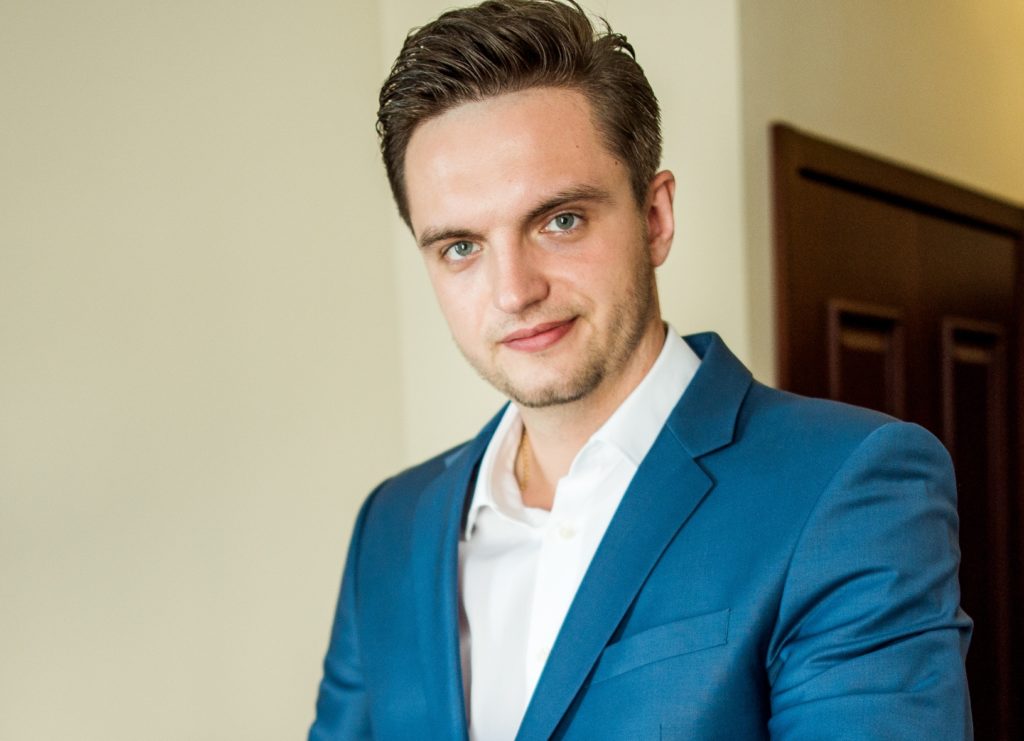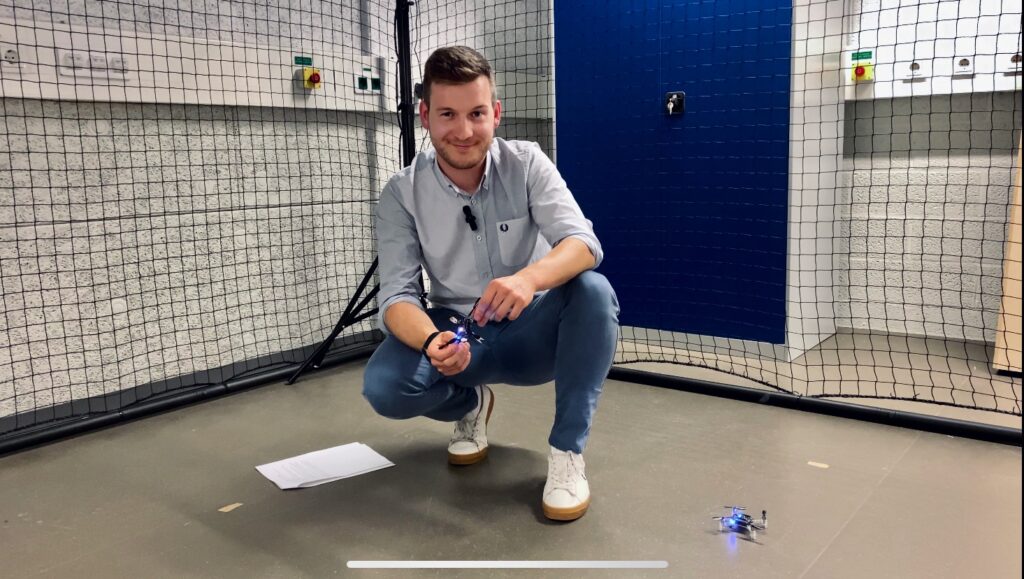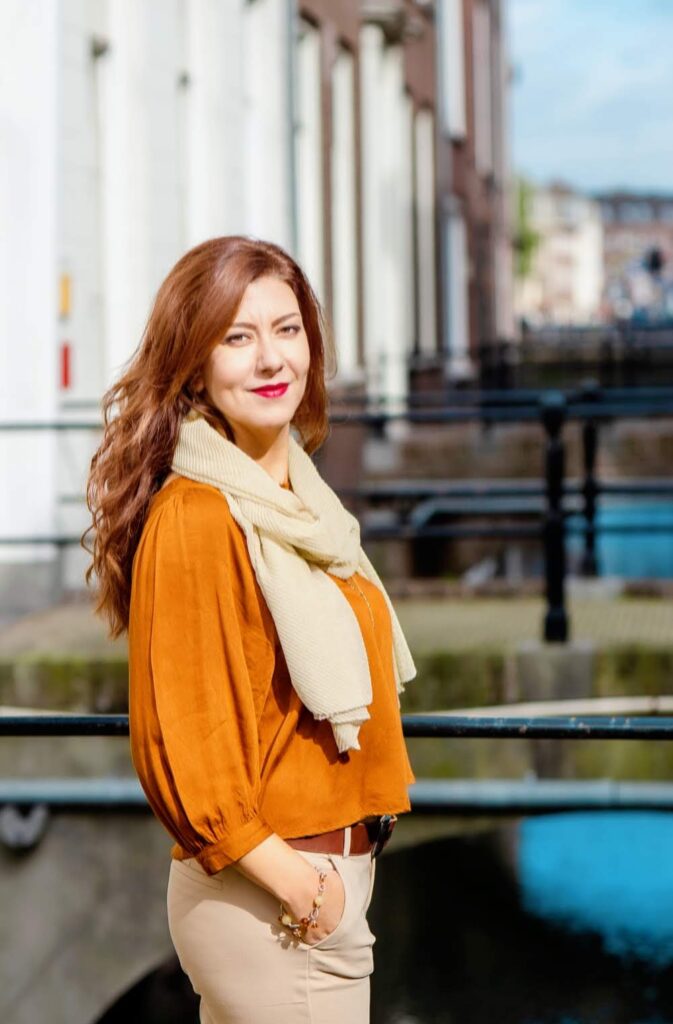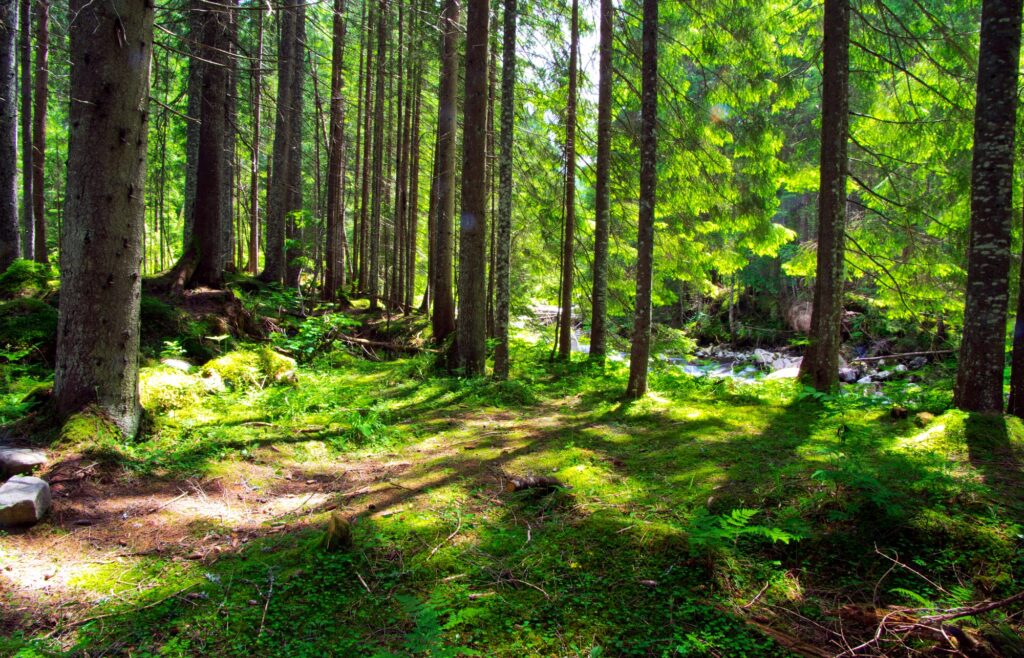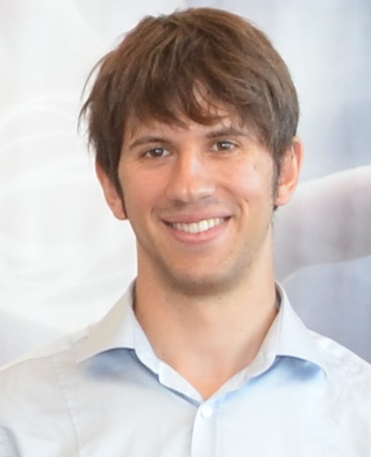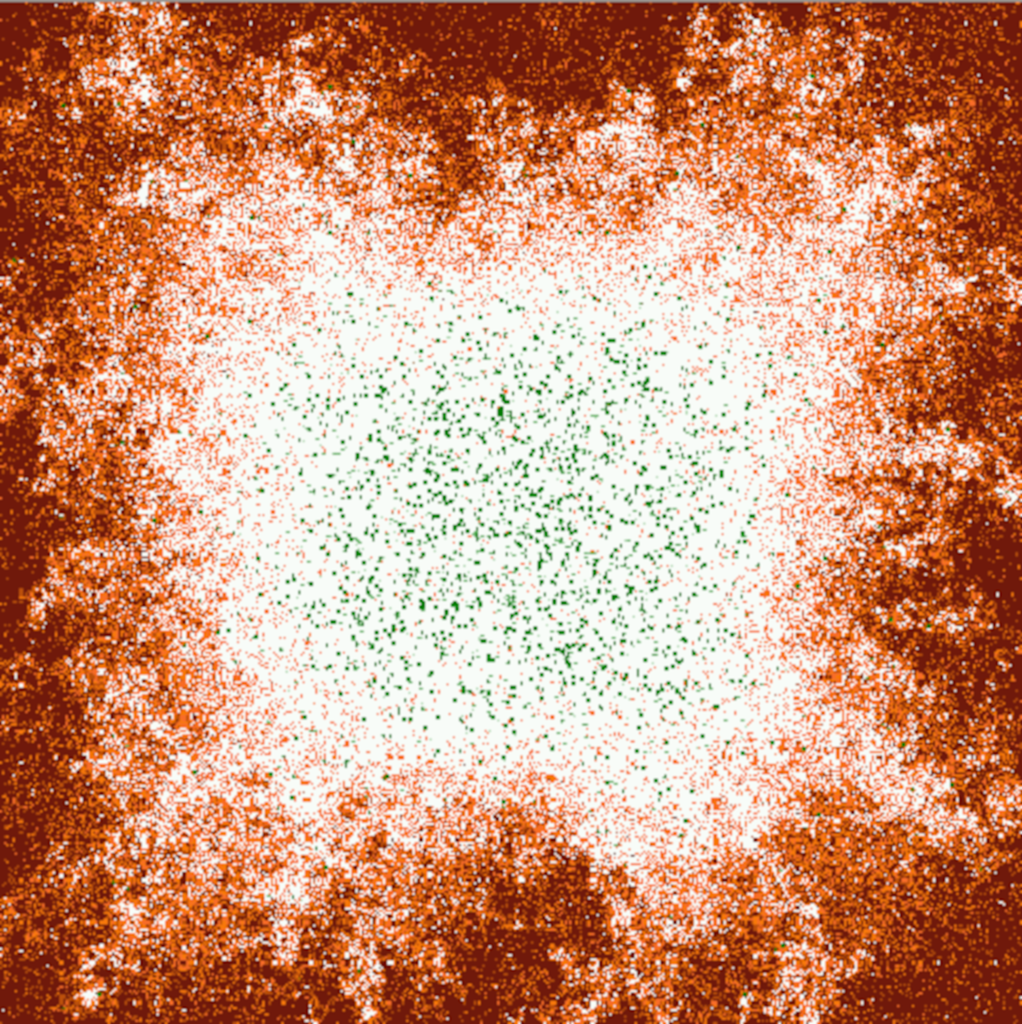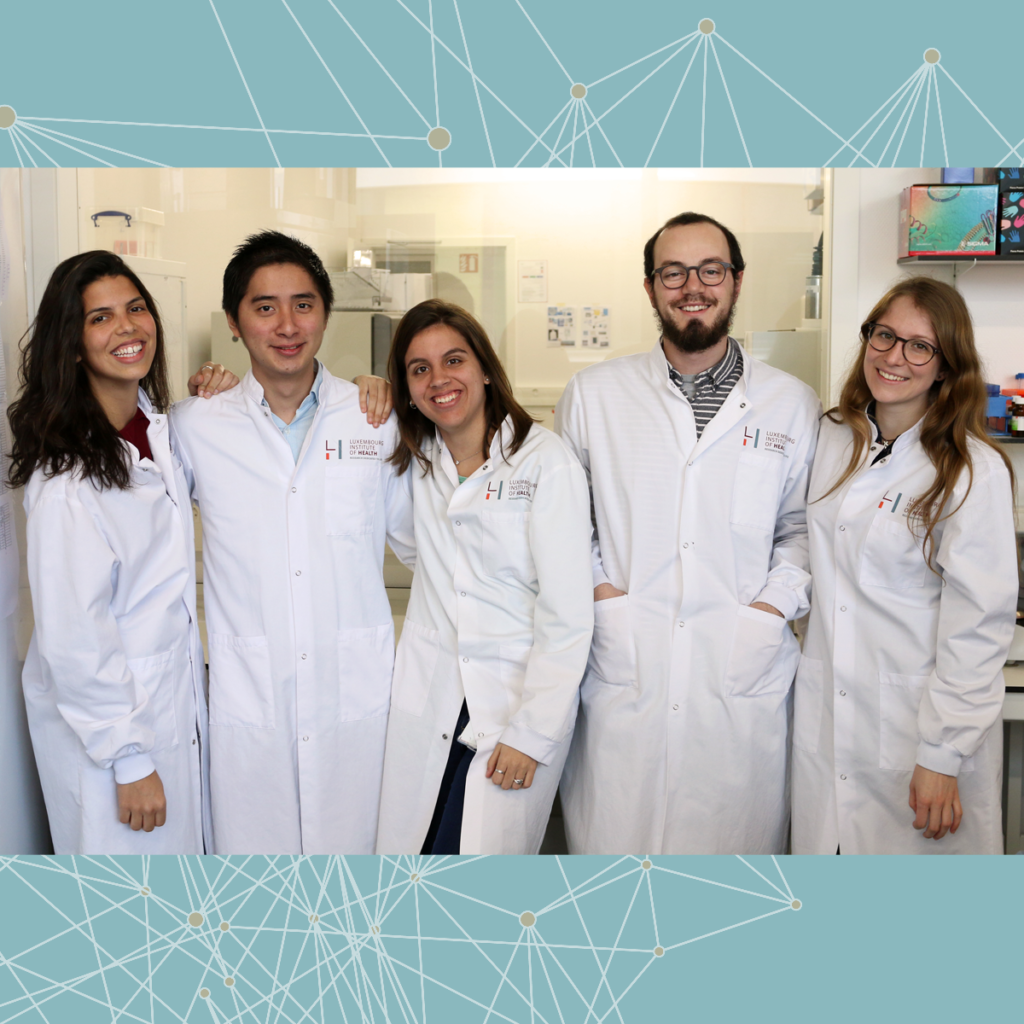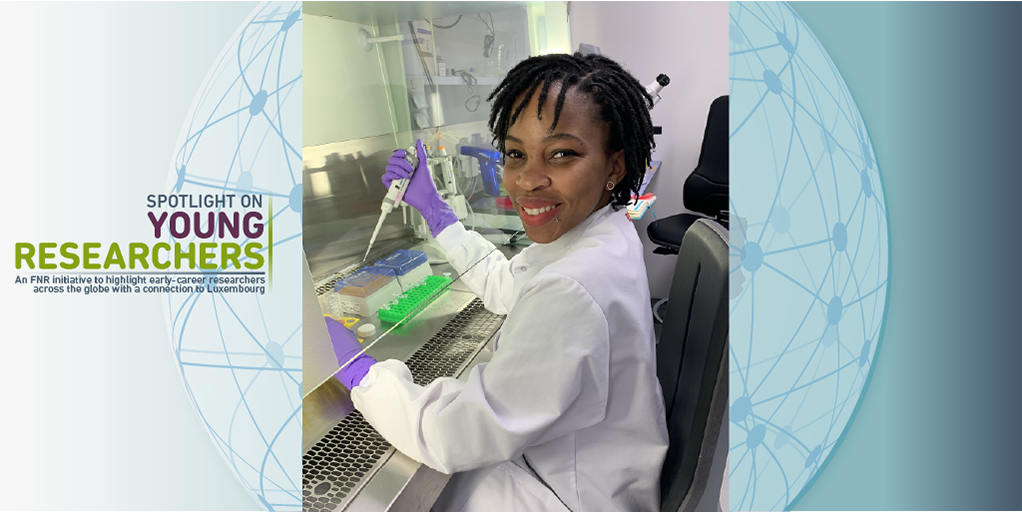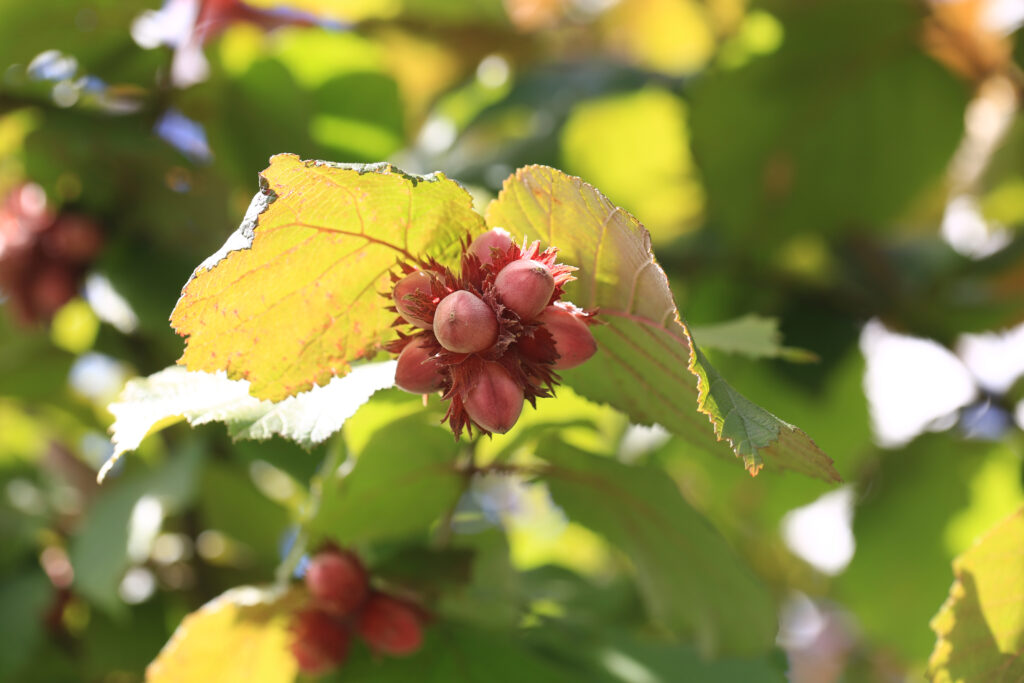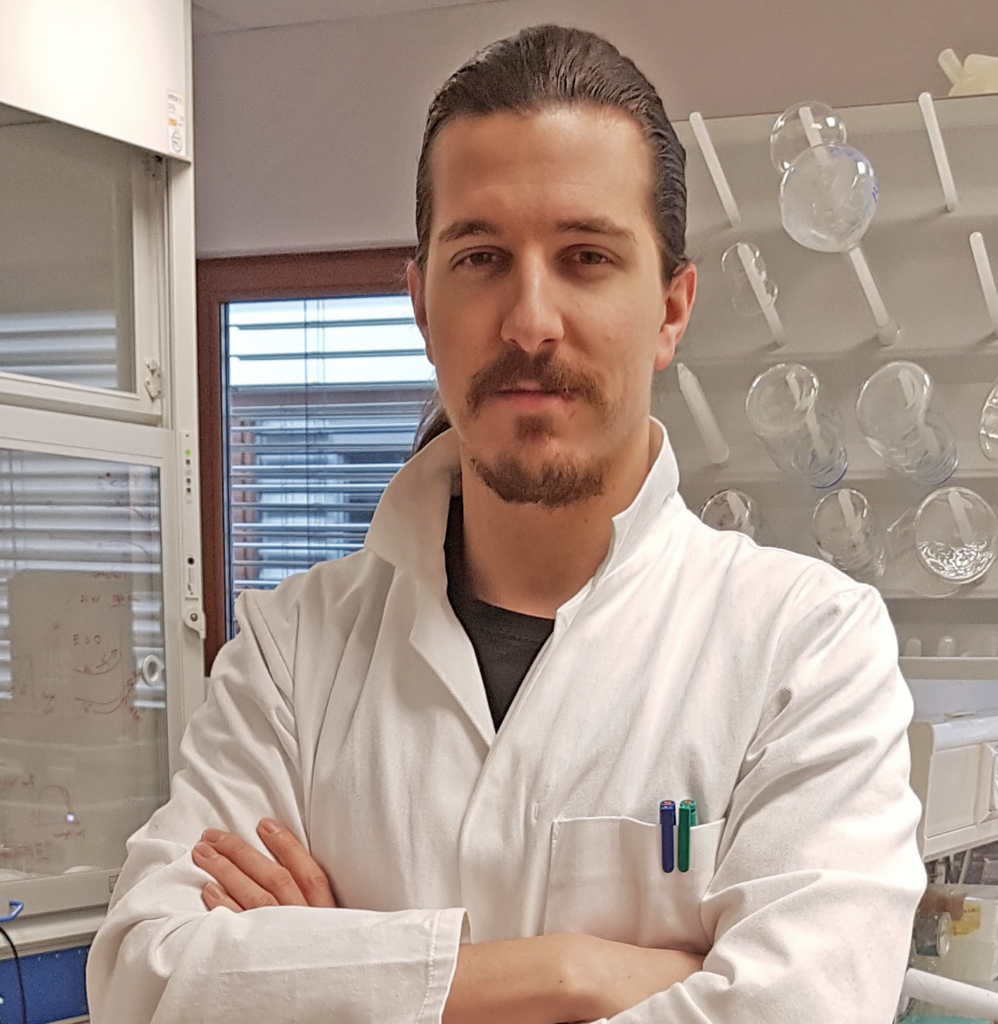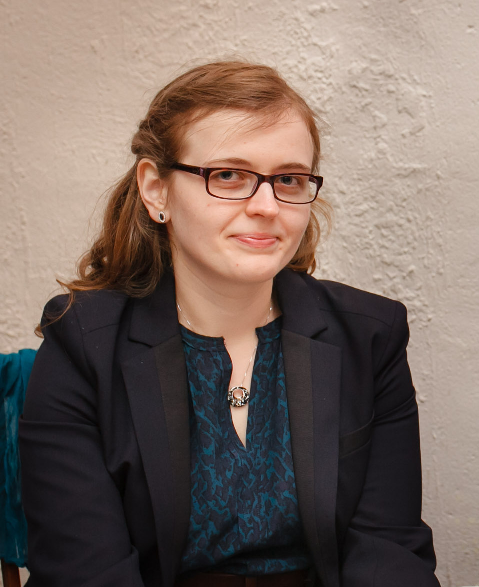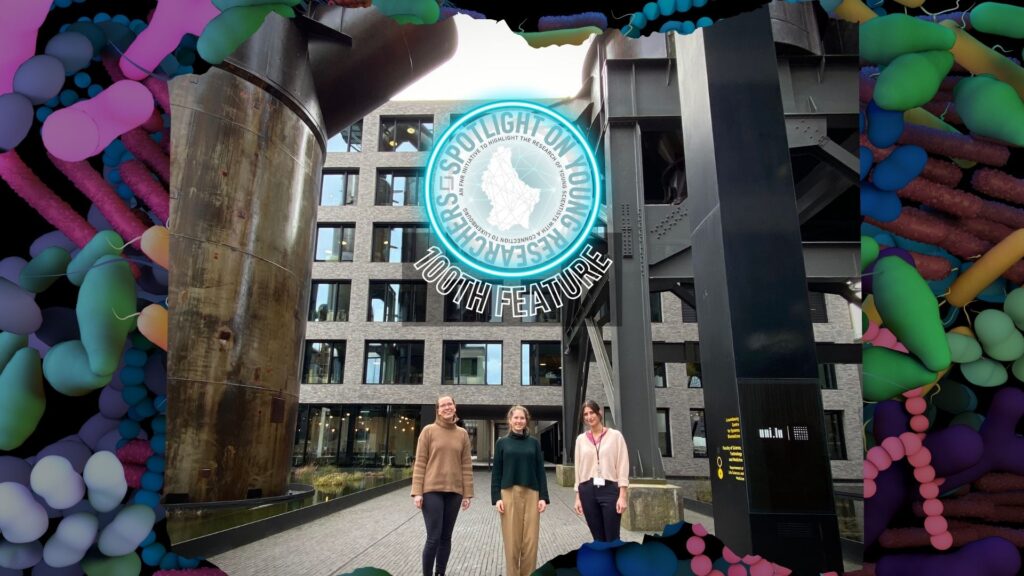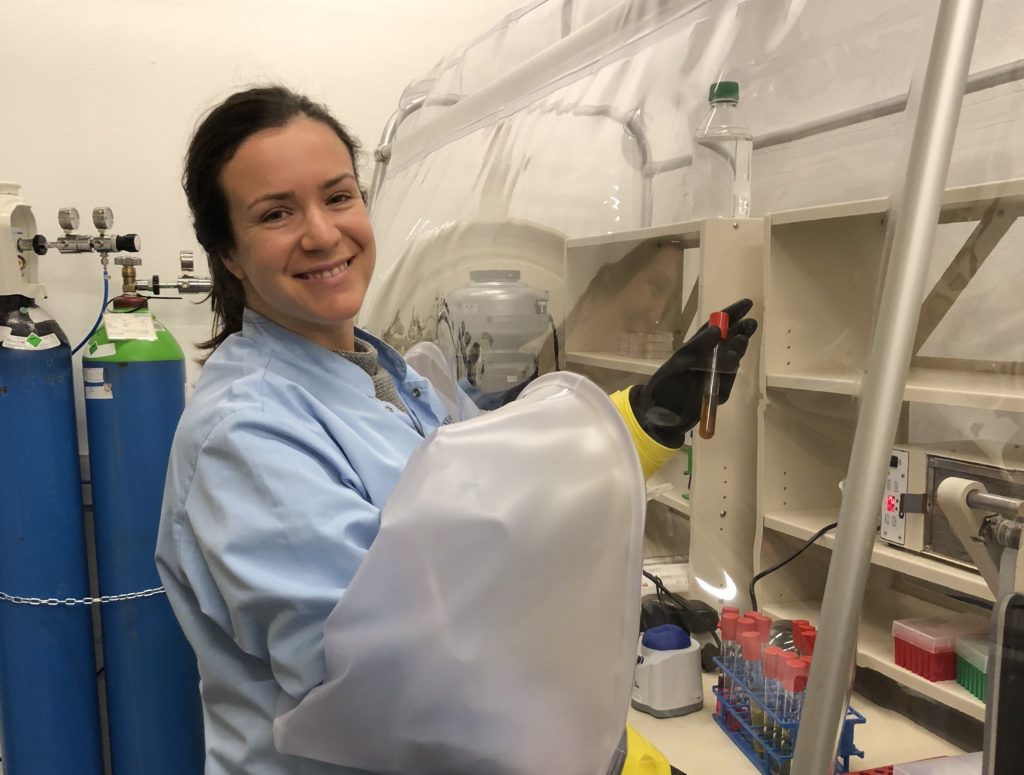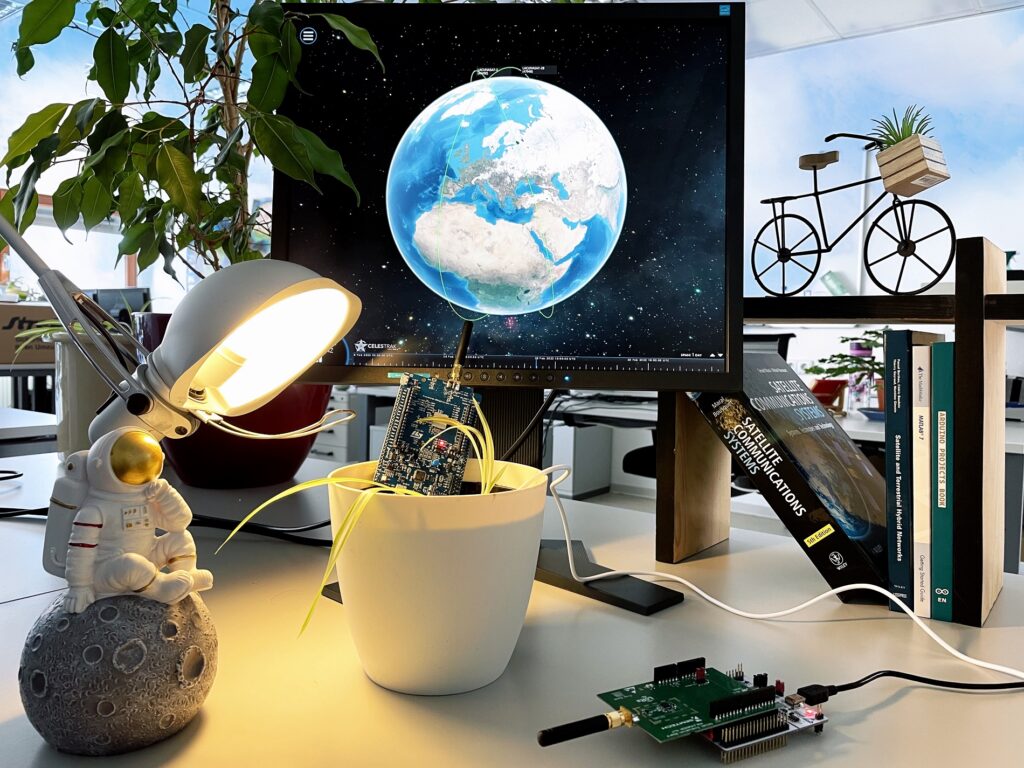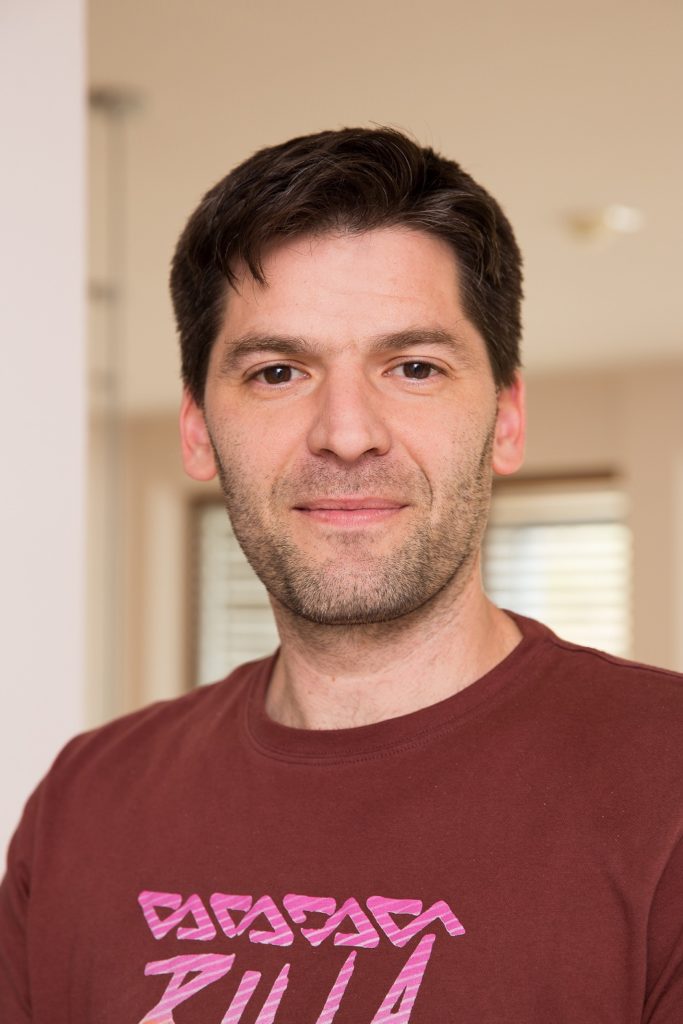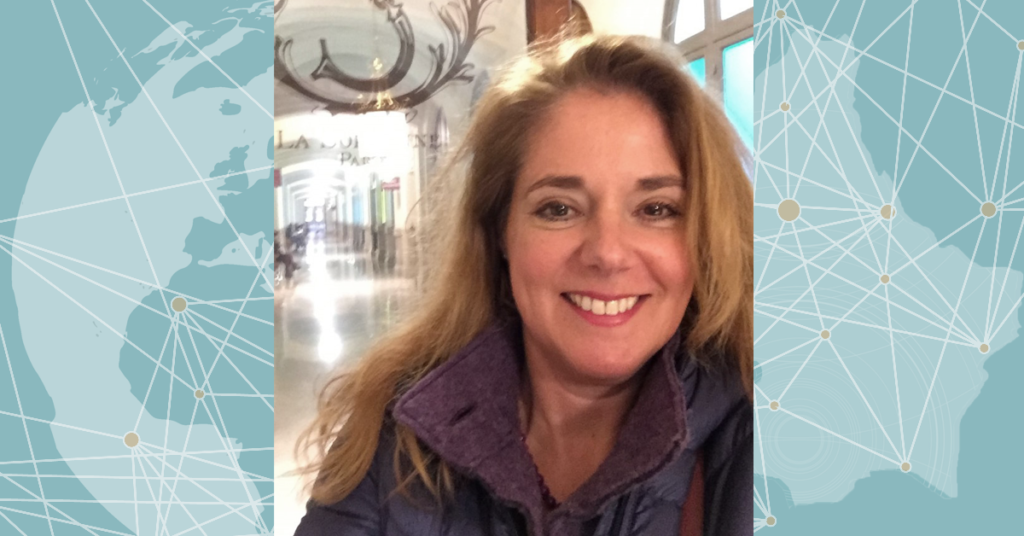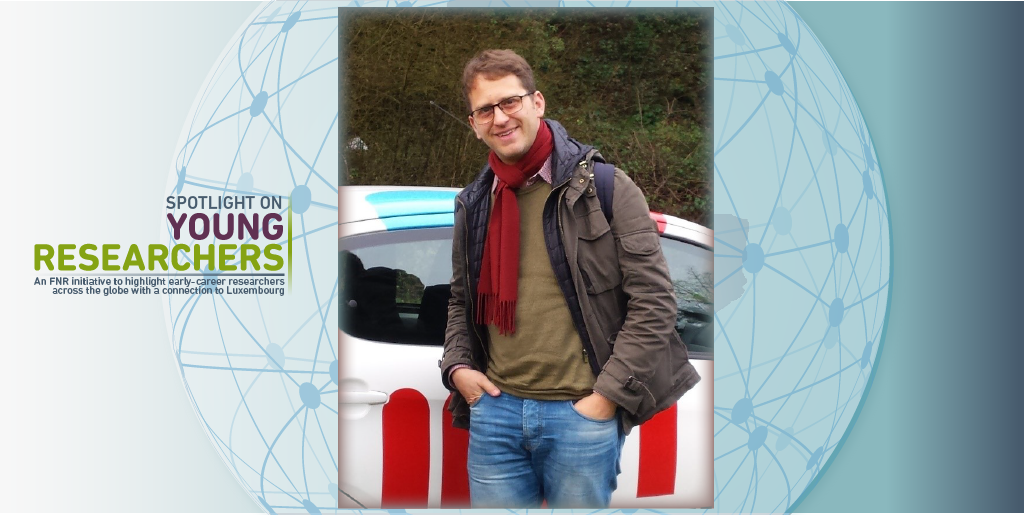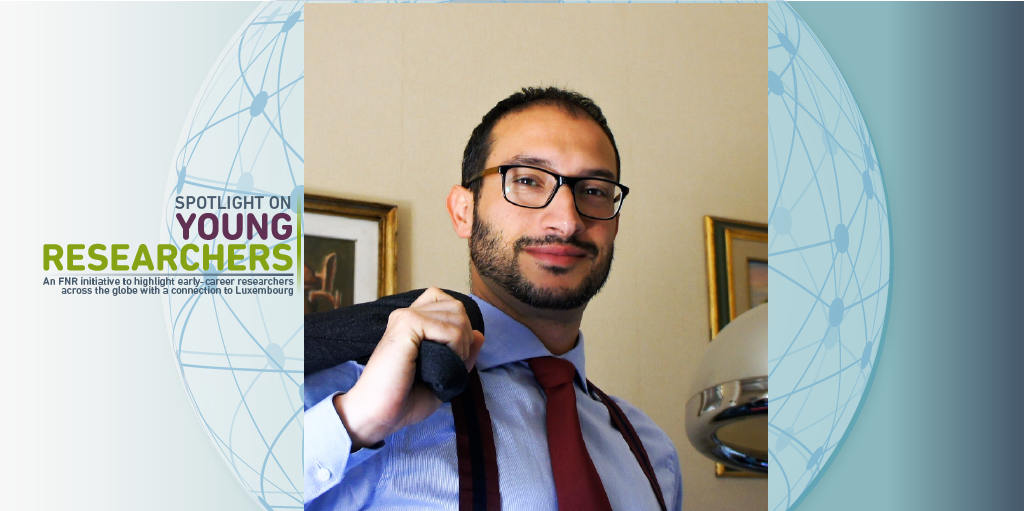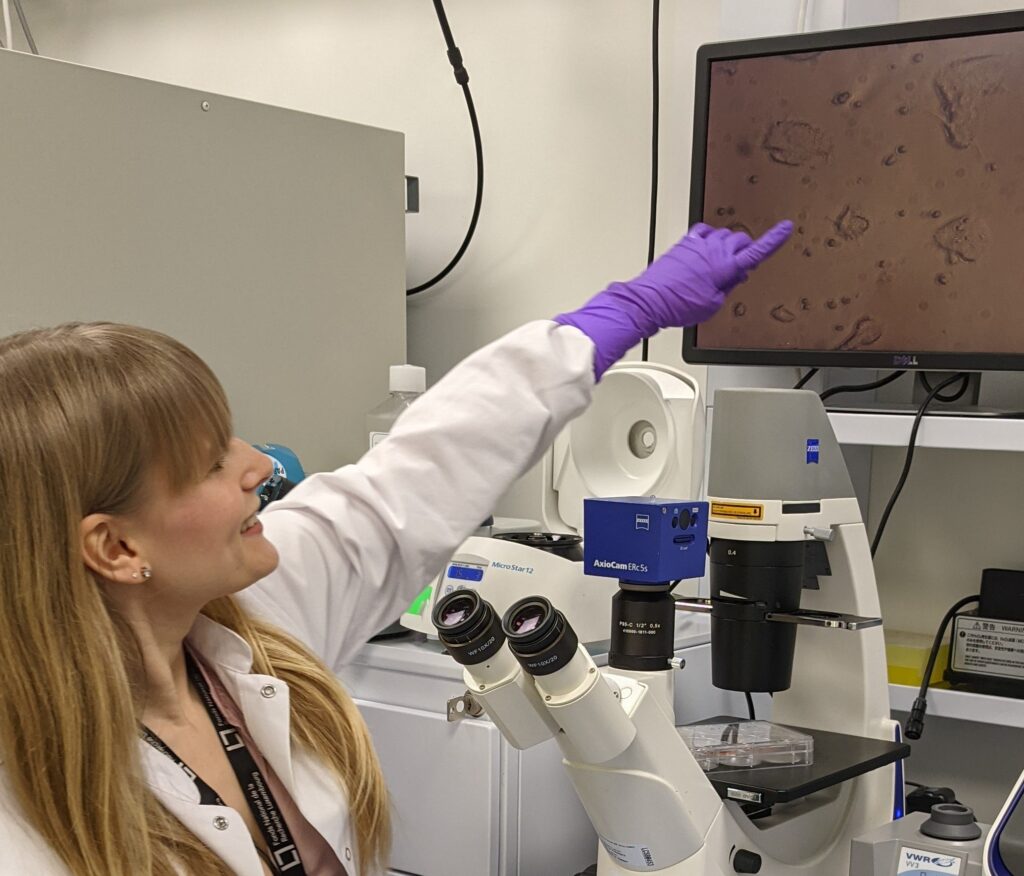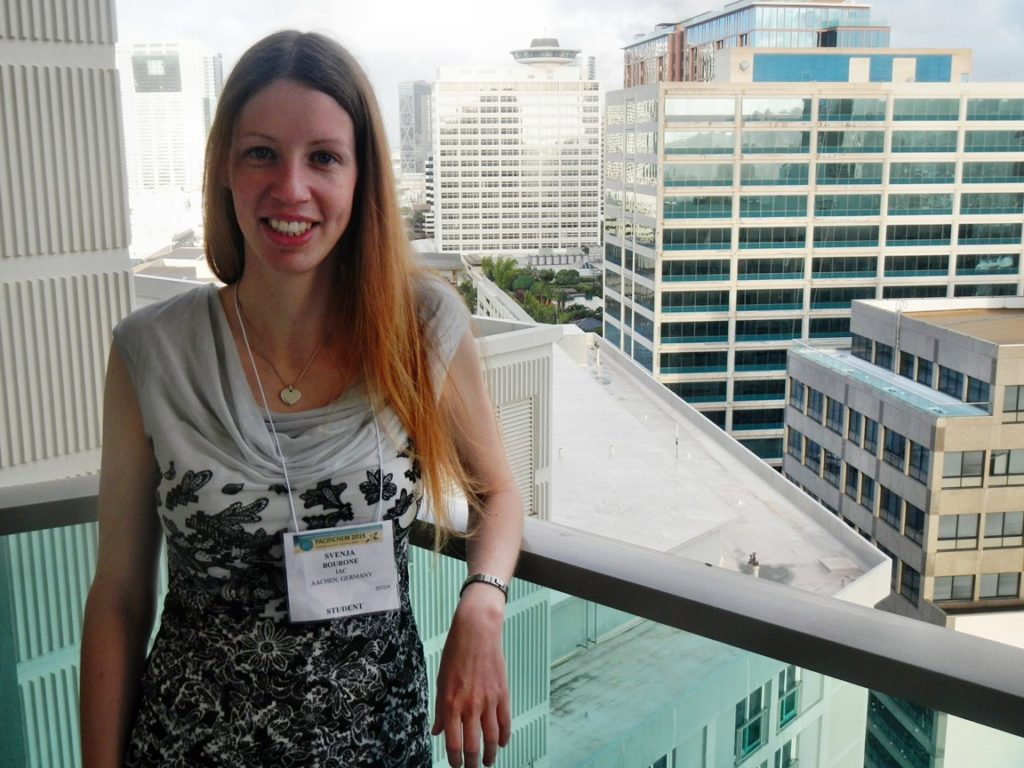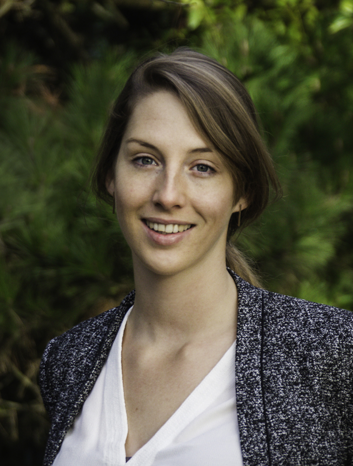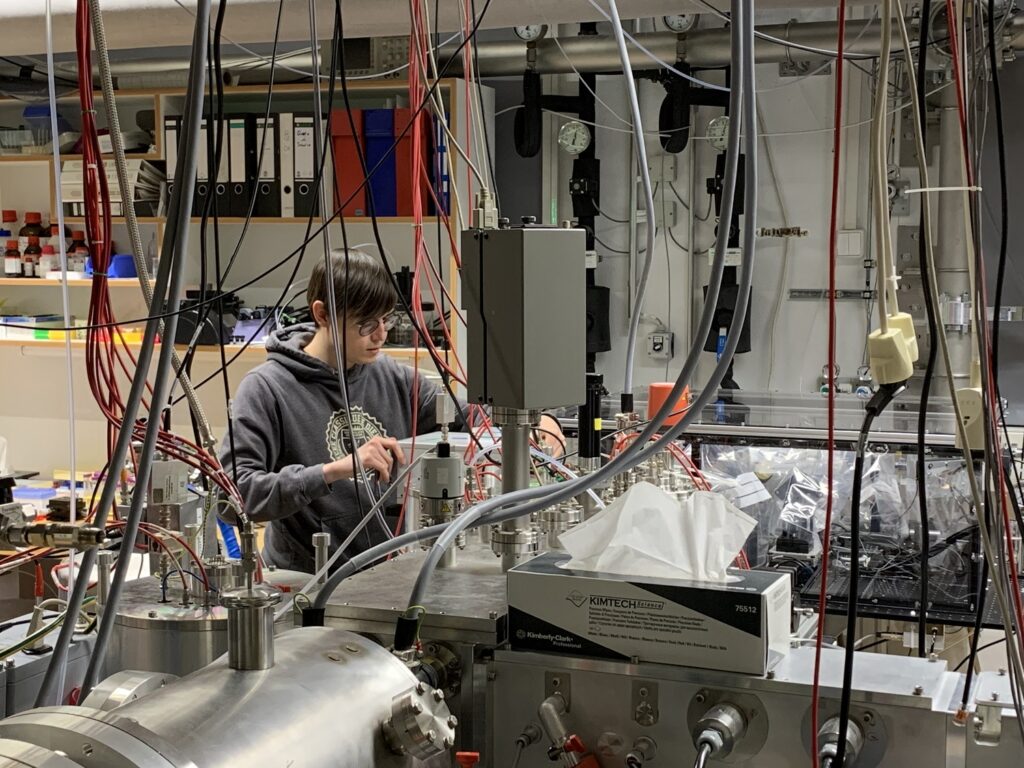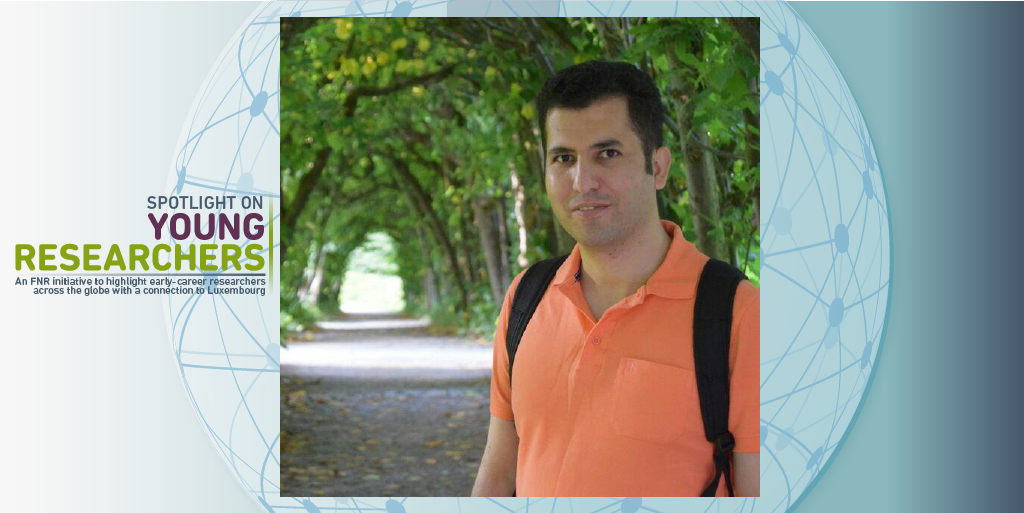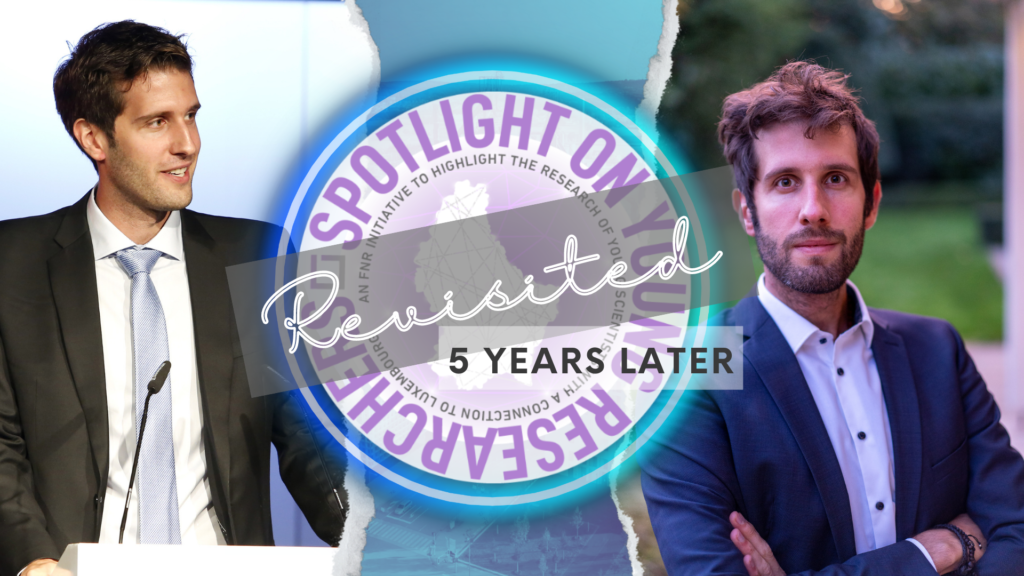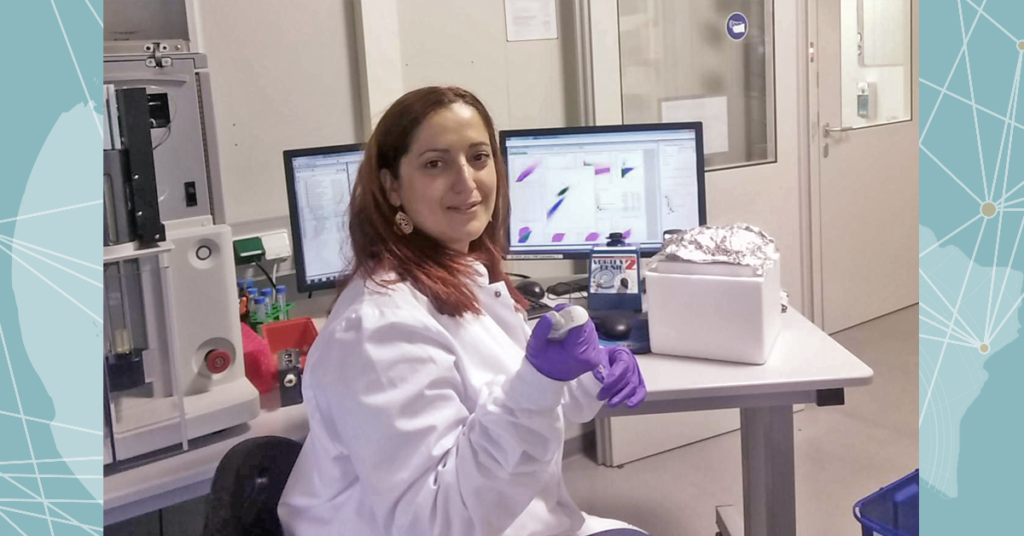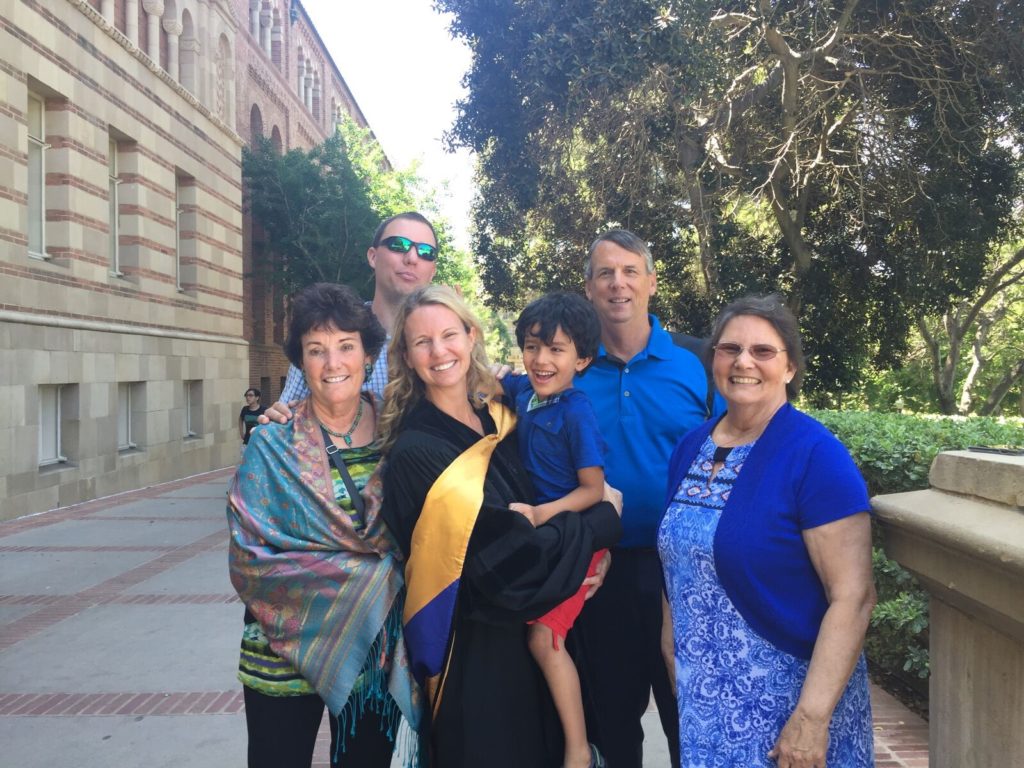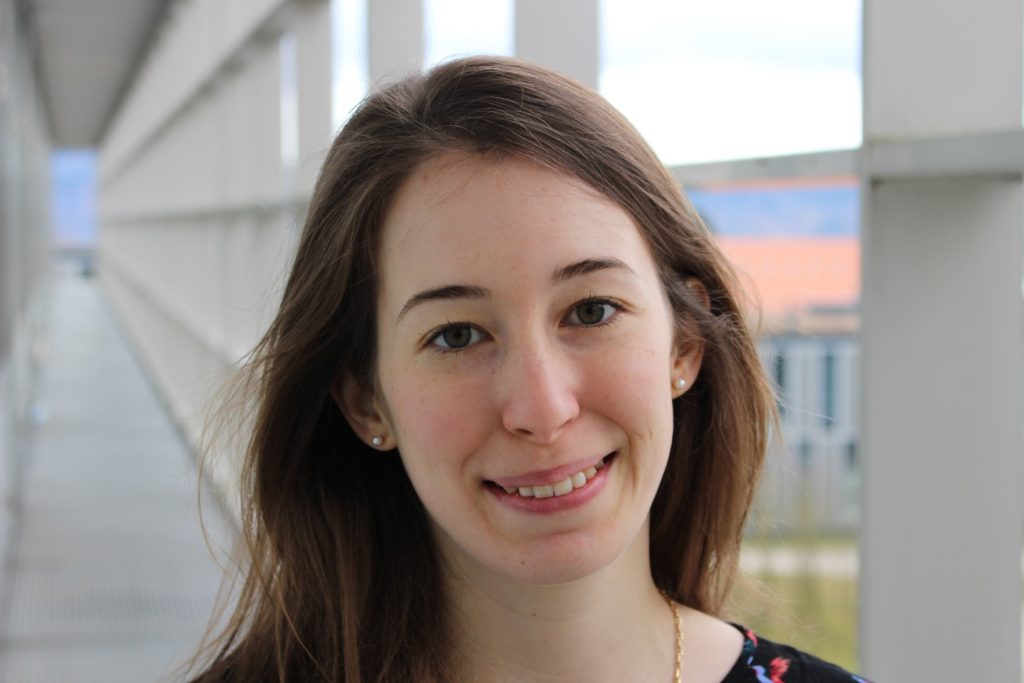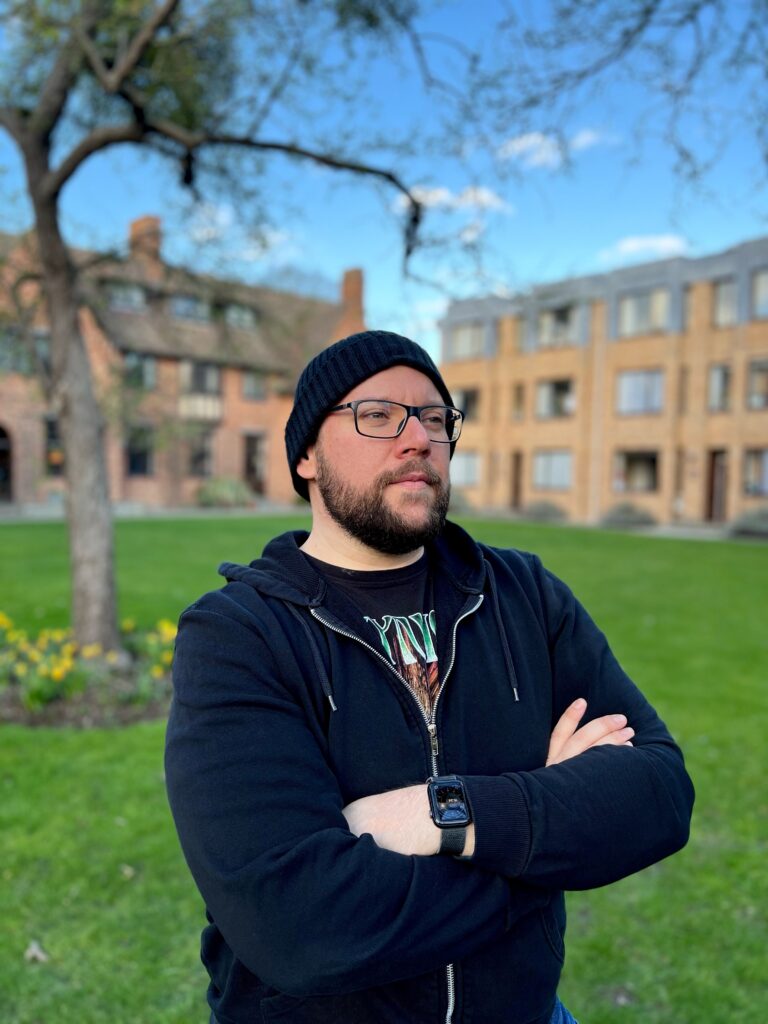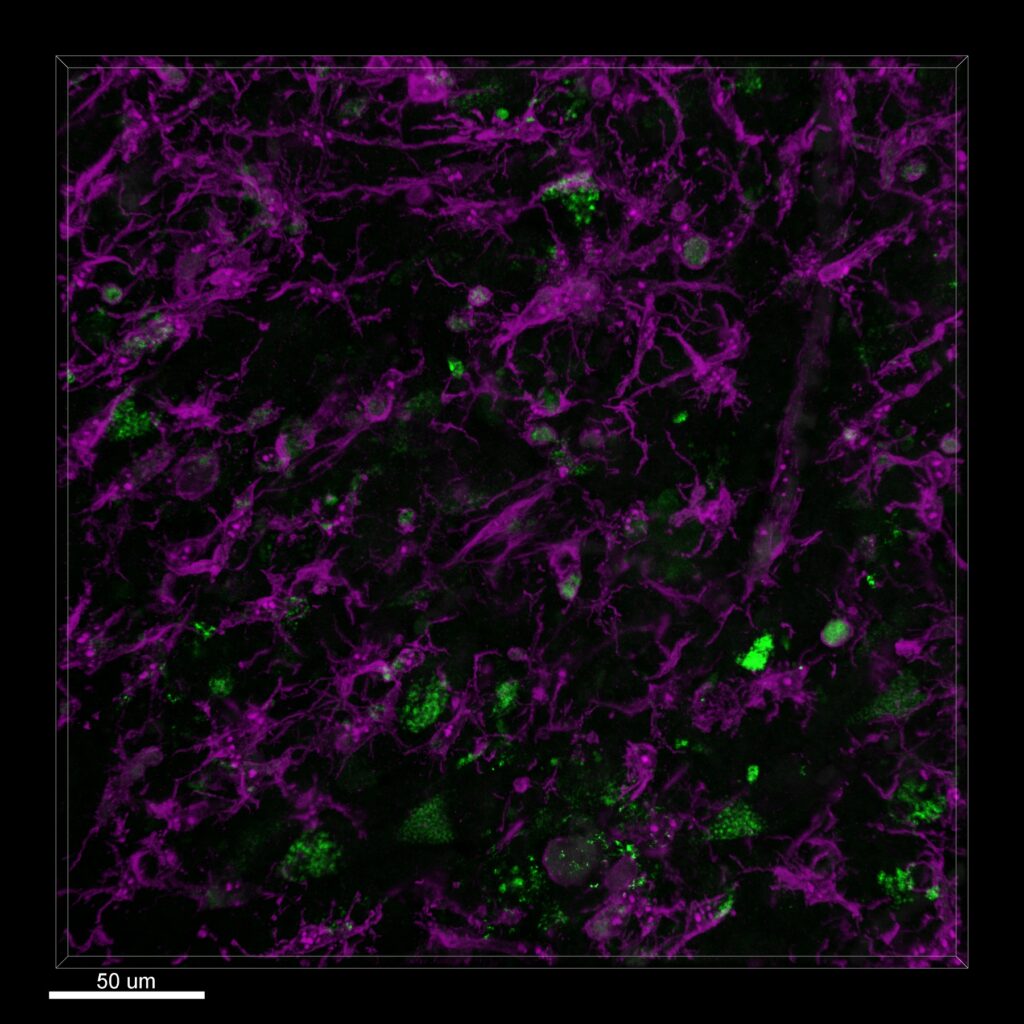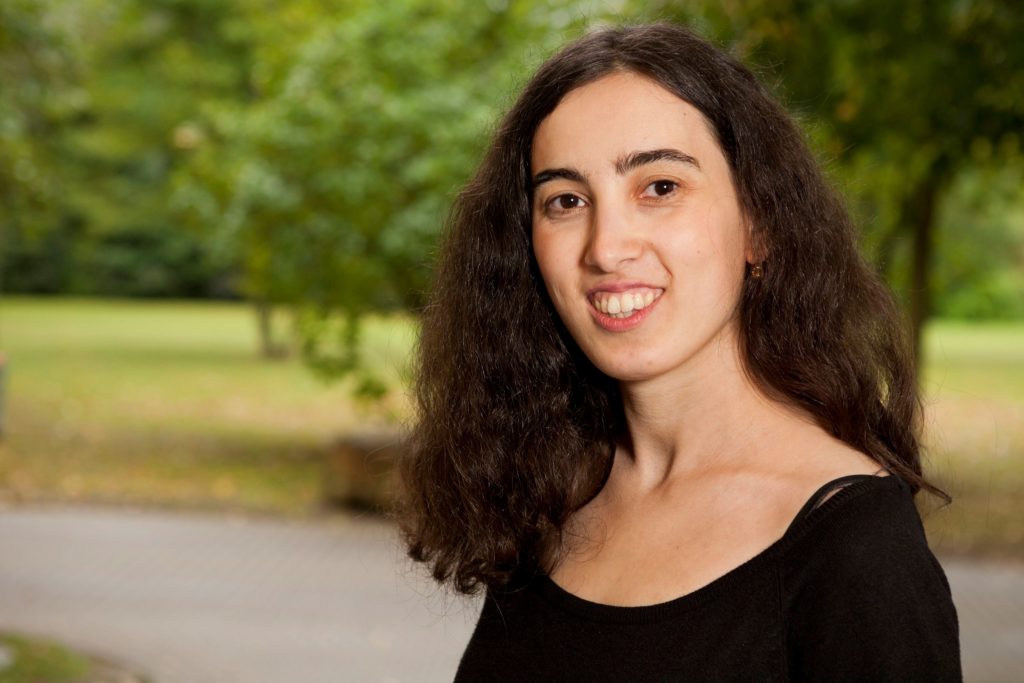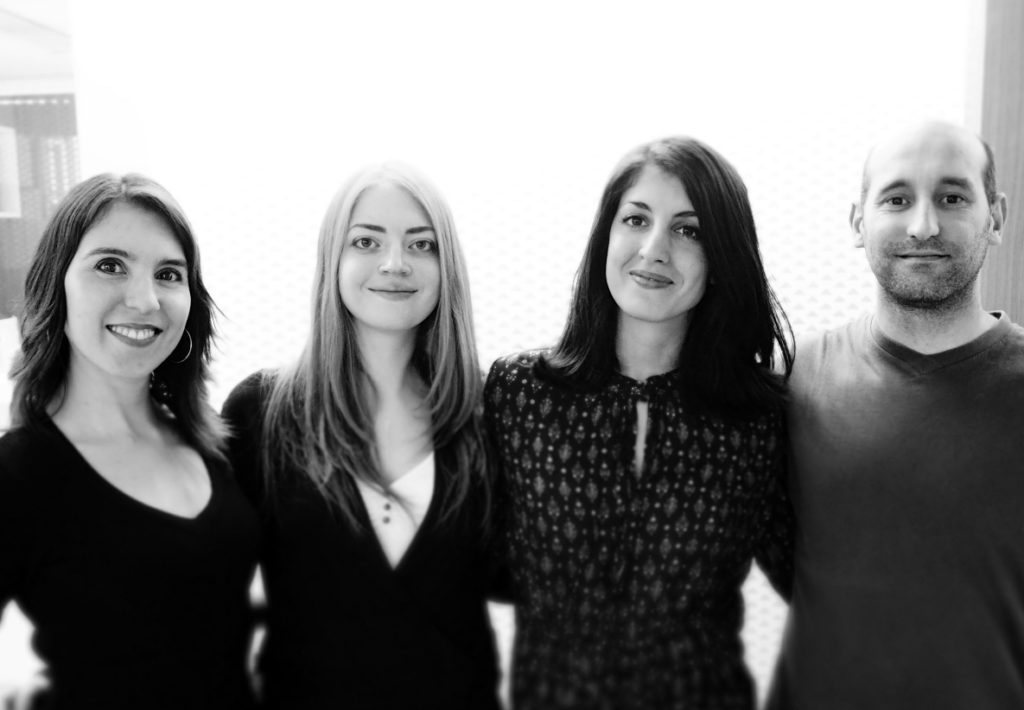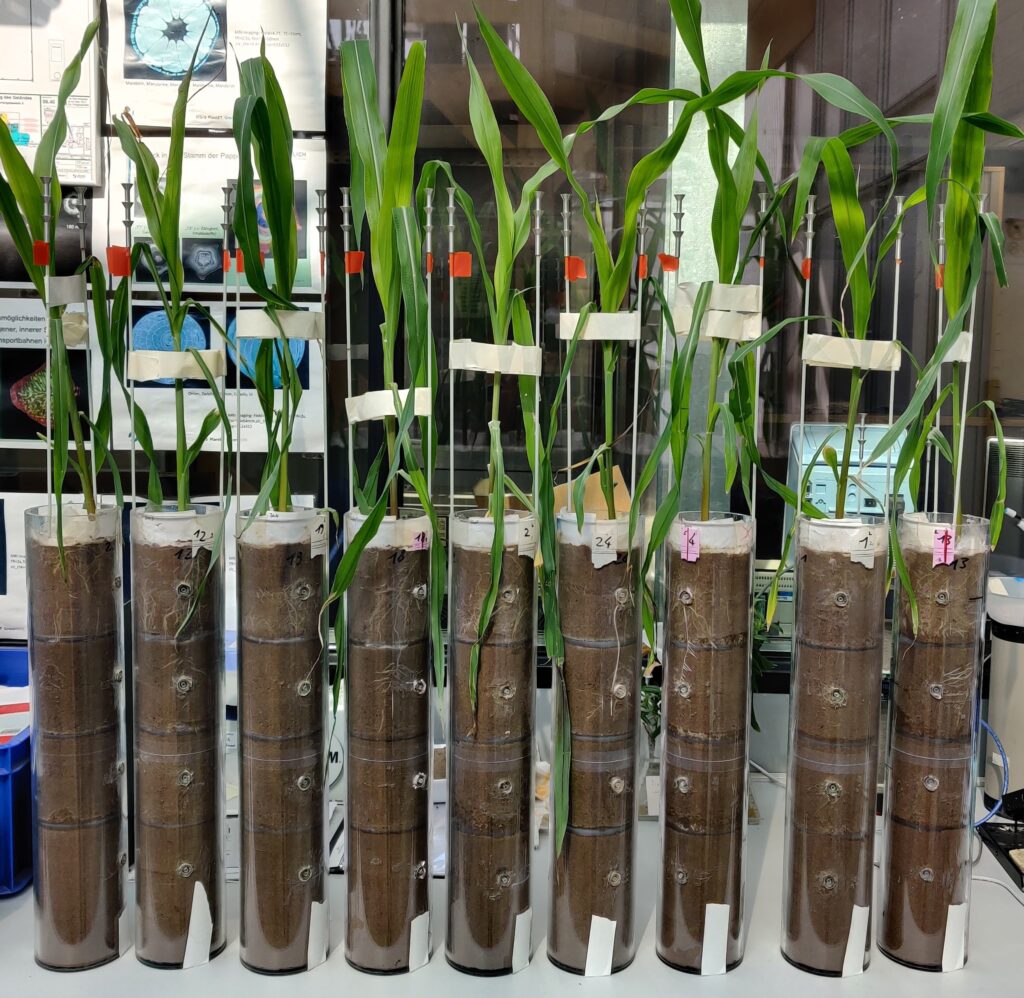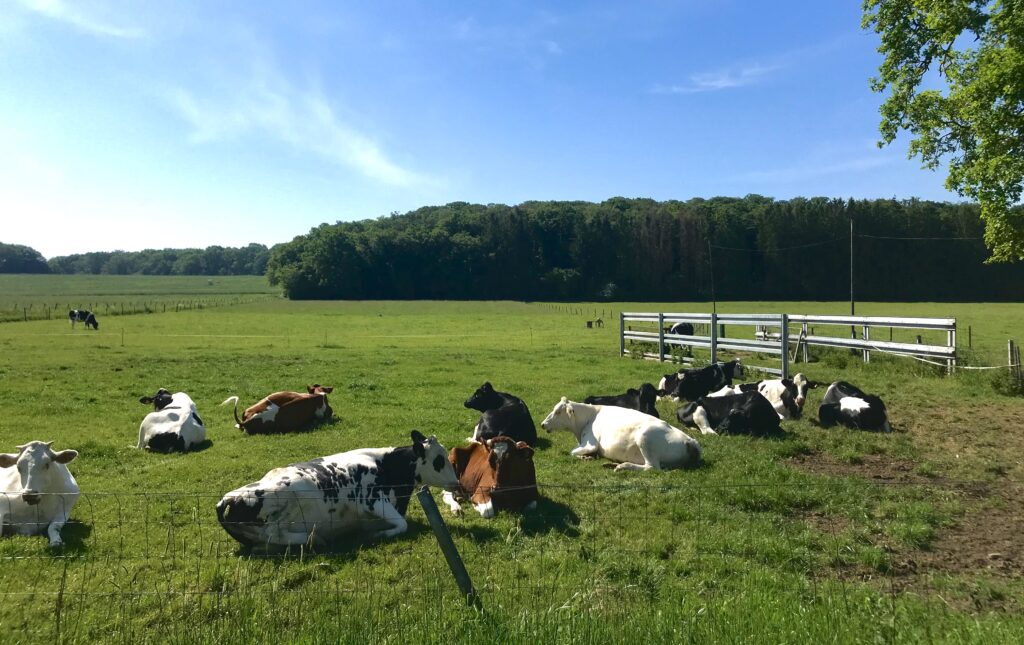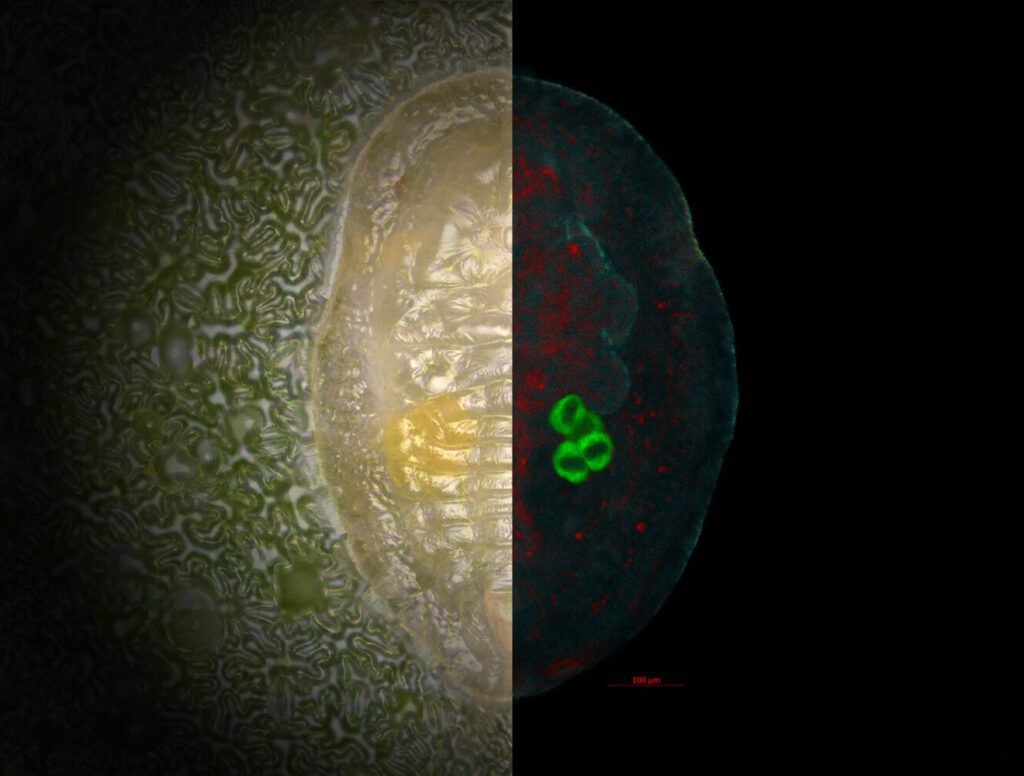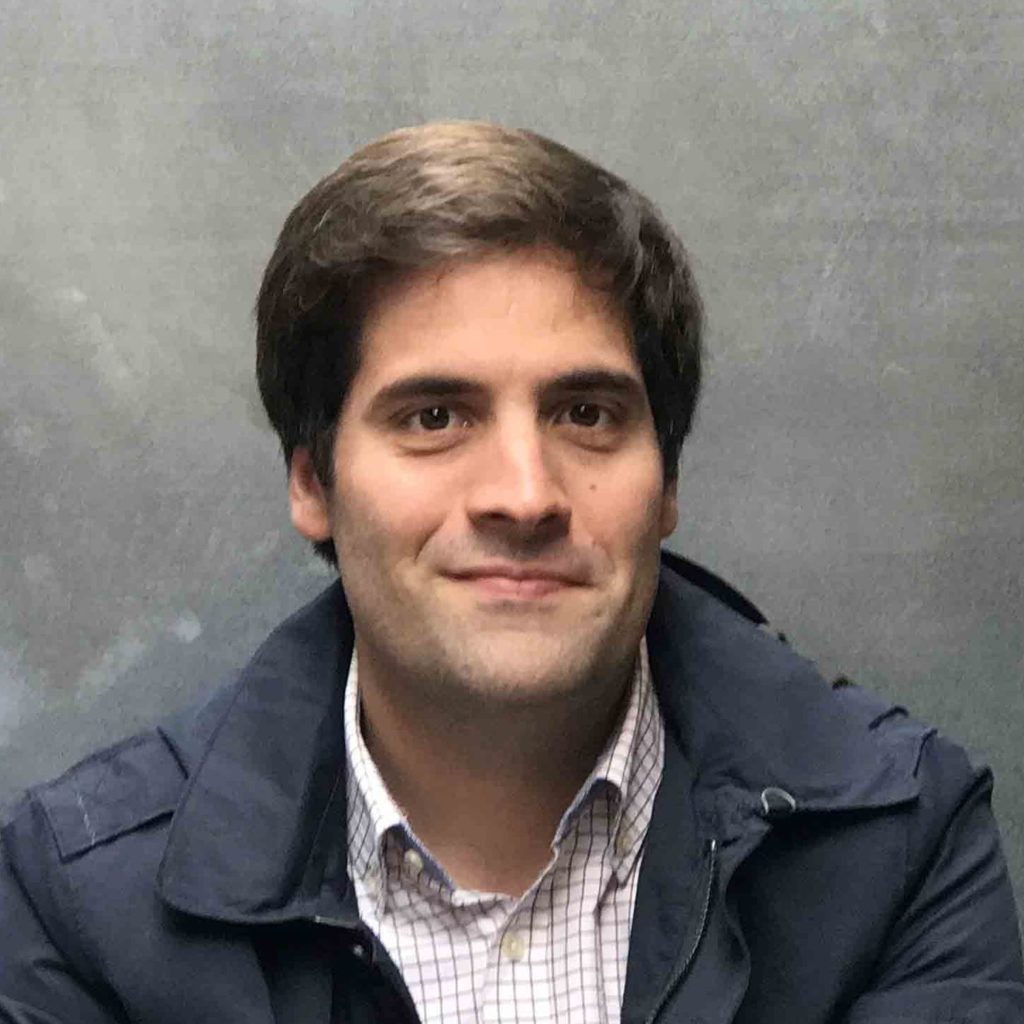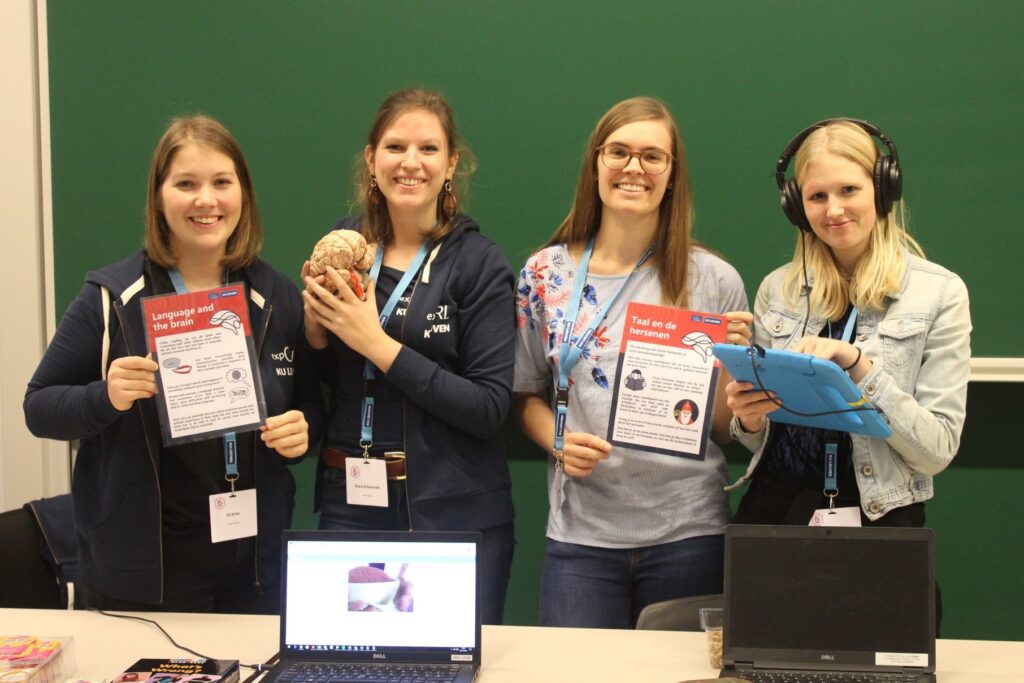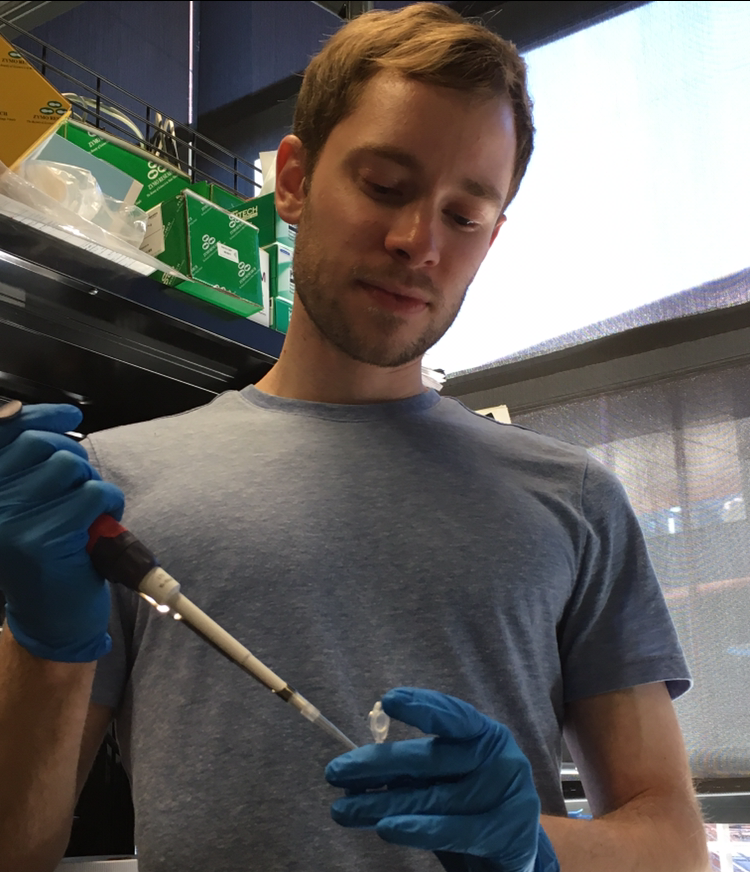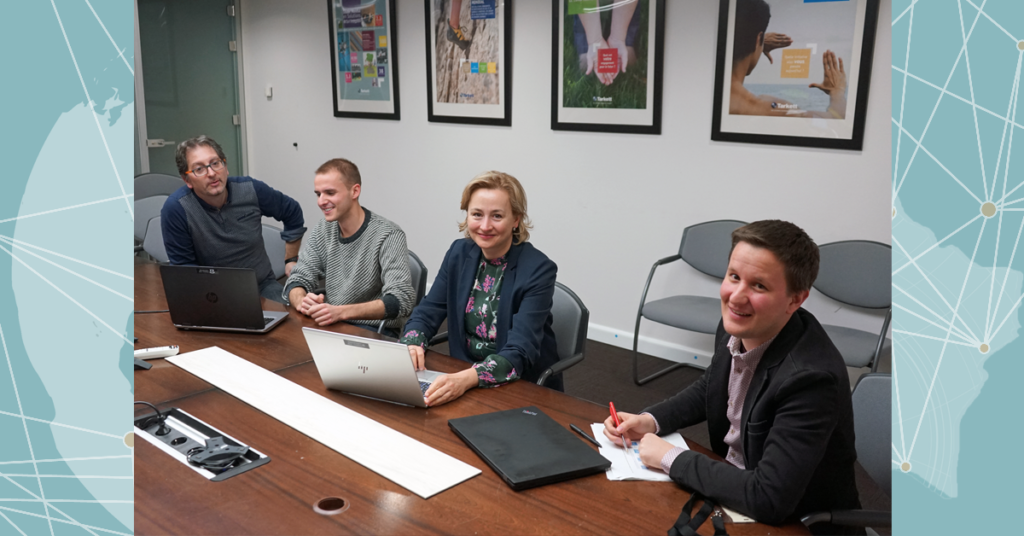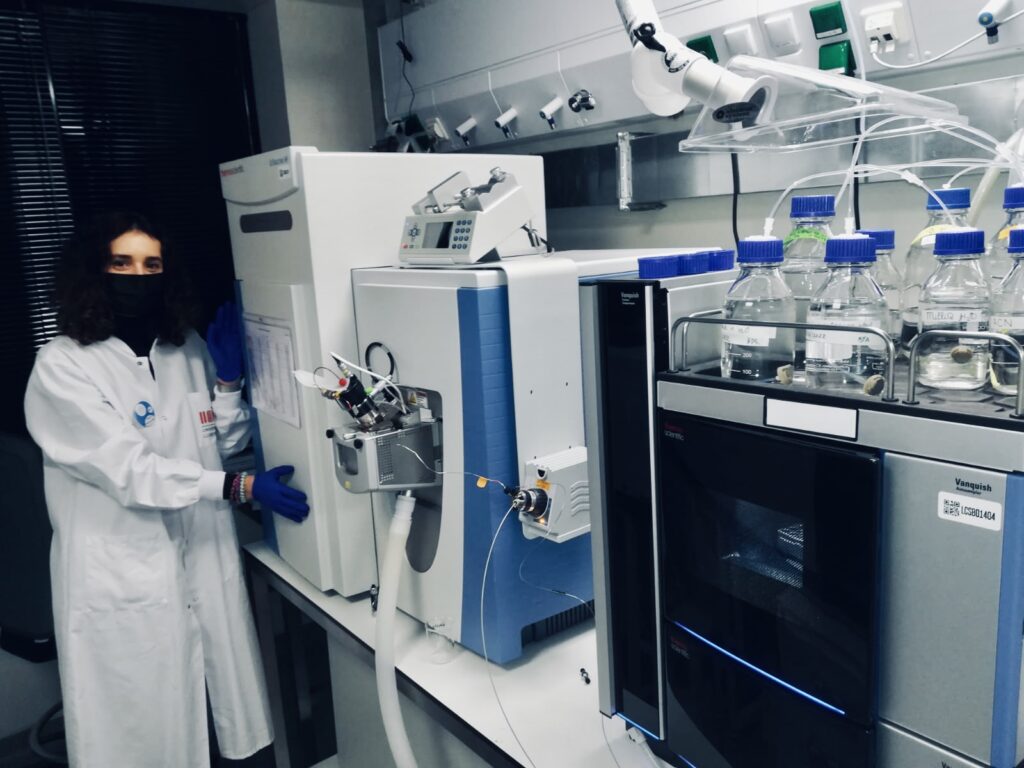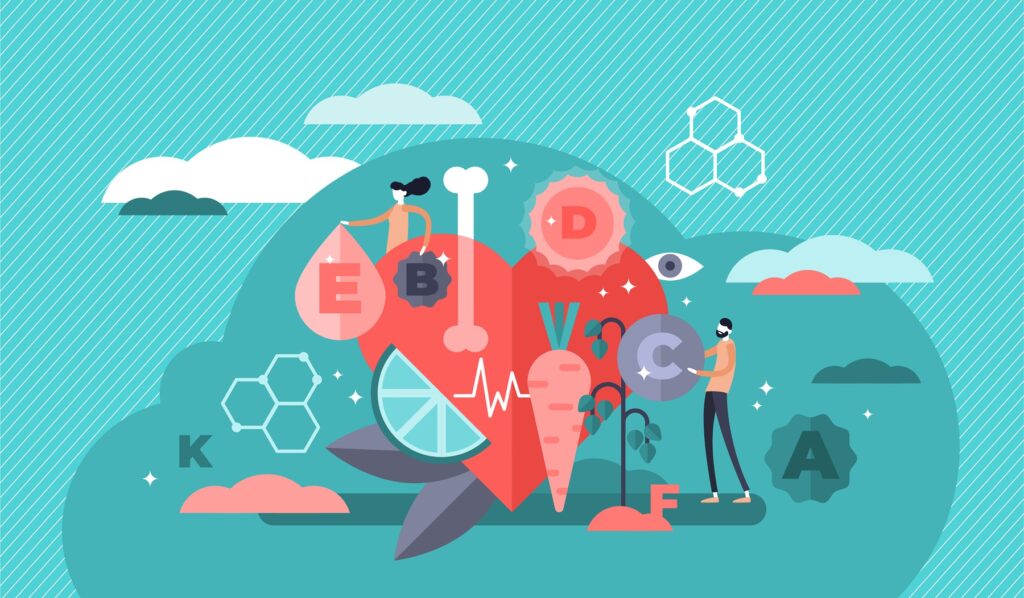
What is the connection between the gut of a termite and renewable energy? What binds them is anaerobic digestion, the process by which microorganisms break down biodegradable material without oxygen. We speak to four young researchers in the Biosystems and Bioprocessing Engineering group at the Luxembourg Institute of Science and Technology (LIST) about how understanding the termite gut could help unlock the full potential of anaerobic digestion, and the associated benefits for green and cleantech.
Anaerobic digestion: Using nature’s tricks to drive sustainability
In short, the Biosystems and Bioprocessing Engineering group focuses on how best to manage microbial resources. Spanning a range of projects, their main interest over the past 10 years has been anaerobic digestion (AD) of biomass, also known as biomethanation. Biomass is organic material that comes from plants and animals – it is a renewable source of energy.
The team explains that, in addition to being a cost-effective way to produce energy, in the EU, AD has emerged as an environmentally friendly way to make the most of bio-waste. It allows for the recovery of nutrients from the digestion residue, which can be used for organic fertilisers – and reduces greenhouse gas emissions in comparison to for example composting.
Furthermore, lignocellulosic biomass (plant matter) has promising potential for future innovative bio-based technologies as well as green chemistry. However, plant matter is defiant and often has to be pre-treated in order to release its structure and enable further bioprocessing. This is where the team comes in.
“In the framework of the projects GASPOP, LEGELIS, OPTILYS, and CLOMICS, together with other team members, we have been trying the bioprospecting of the termite gut and anaerobic digestion microbiomes, to characterise new microbes and learn from them how to better optimise our microbes-driven processes. Because, who can do it better than nature?”, says Magdalena Calusinska, a Postdoc in the group.
The team’s project GASPOP led to a patent patent on a biological agent and laid the foundation for the three projects that have since followed, all revolving around AD.
One project they have worked on is OPTILYS, which looks at Enzyme catalysis – the increase in the rate of a chemical reaction by the active site of a protein. The team is aiming to uncover the hydrolytic potential of microbes, focusing on anaerobic reactors and the gut of termites. Industrial processes driven by microbes could be a big player in future greentech and cleantech sectors – the team explains their scientific offer includes improving these processes by developing specific processes and new tools for process monitoring and control, as well as prototype reactors, pilot plans and new products, such as enzymatic catalysts.
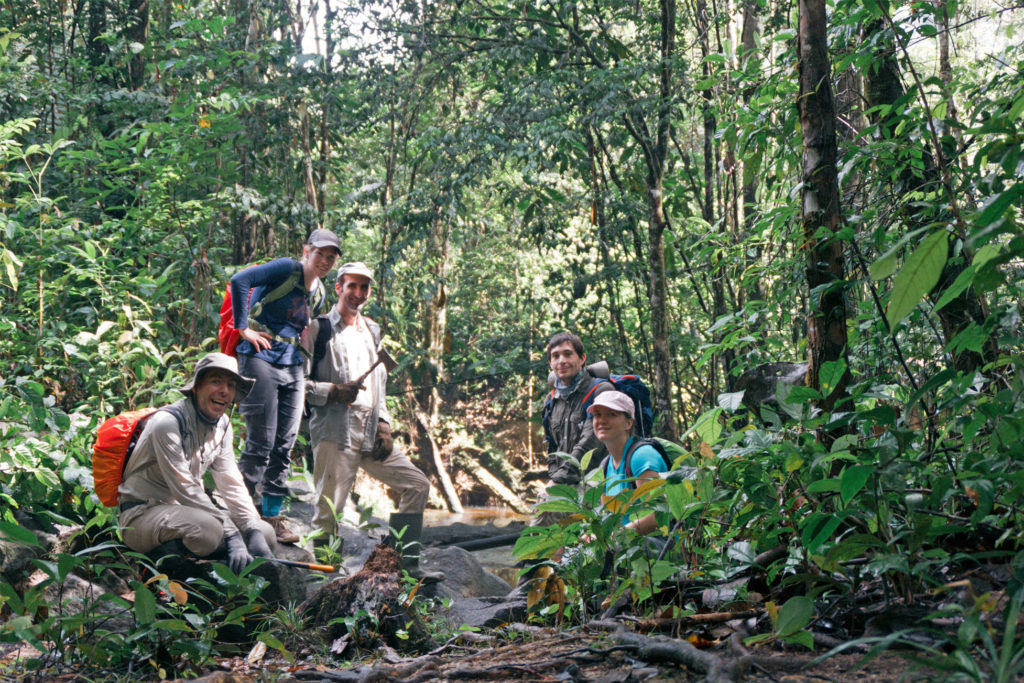

Below we take a closer look at which roles four early-career team members have in driving the group’s research forward, why they chose this line of research and what they hope to achieve with it:
“I hope to contribute to further development and optimisation of bio-based technologies.”
– Magdalena Calusinska
Magdalena Calusinska, Postdoc
Nationality: Poland
Magdalena, what do you work on and how has your work contributed to the group’s research aims?
“I joined the team in 2012, I was originally hired for the GASPOP project, to develop and optimise new tools to monitor microbial consortia involved in biogas production in anaerobic digesters.
“I converted the initial GASPOP methodological approach, mostly relying on the use of more traditional molecular microbial ecology tools, such as DGGE or real-time qPCR, into more modern application of the cutting-edge high-throughput sequencing technologies.The development of new protocols and bioinformatics pipelines led to several services and technology transfer agreements, which extended our network of international collaborators.
“As one of the result of the GASPOP project, we published a patent on a biological agent, enriched in yet uncultivable bacterial species, suitable to boost the biogas production from biomass.”
Why did you decide to go into research, and why did you choose this research group?
“Research has been my passion since forever. After working in the Netherlands, Spain and Belgium, I arrived in Luxembourg in 2012. Since then, I have been trying to learn from microbes, the way they function, and how we could apply this knowledge to improve the different-microbes driven industrial processes.
“Initially, my main interest was focused on anaerobic digestion of biomass (lignocellulose), but I soon realised that biomass could be at the basis of many other bio-processes – if we find the best way to process it. For this reason, together with our former group leader Philippe Delfosse, we decided to investigate termites.
“Although the bio-refinery of biomass is a man-made concept, termites surviving mainly on lignocellulose are the most efficient biomass degrading organisms in the world. The first lesson we have learnt from them has enabled us to initiate a “precision pre-treatment” of several biomasses for specific purposes. This encourages me to continue further in this research direction.”
What impact do you hope your research will have?
“I hope to contribute to further development and optimisation of bio-based technologies. From our previous studies, we have identified many microbes and enzymes of potential industrial interest. Our hope for the coming years is that we can transfer this knowledge into a real application.”
“For the sustainability of primary resources, such as fossil energy, it is essential to convert widely available still underused lignocellulose biomass, into valuable chemicals, including biofuels and commodity chemicals.”
“I firmly believe that anaerobic digestion is one of the key technologies to support humanity in the urgent transition towards a more sustainable scheme of life.”
– Sébastien Lemaigre
Sébastien Lemaigre, PhD candidate
Nationality: Belgium
Sébastien, what do you work on?
“I am currently involved in the FNR-funded project CLOMICS, working on the development of multiple small-scale baffled anaerobic reactors. The aim is to identify and characterize ecological conditions promoting the preferential development of key microbial actors for anaerobic digestion process optimization.
“In parallel, I am finalizing my PhD thesis aiming at: (1) evaluating the potential of innovative multivariate statistical techniques for on-line monitoring of anaerobic digestion reactors; (2) developing efficient and low-cost methods to re-establish the methane production in anaerobic digestion reactors exposed to critical process failure.
“Finally, I am in charge of the development of a large-scale mobile prototype aiming at evaluating diverse anaerobic slurries as vectors for microbial conversion of CO2 and (renewable) H2 into CH4 (Power-to-gas concept).”
How did you end up joining this research group and how have you helped the group accomplish its research aims?
“After graduating with a master degree in rural engineering from Gembloux Agro-Bio Tech – University of Liège, I joined LIST in 2007 as a junior scientist in the freshly created Biosystems and Bioprocessing Engineering team.
“I accomplished consequent engineering work, creating innovative tools from scratch – mainly reactors and gas/air analysers – helping the team to develop its scientific activities around anaerobic digestion topic. On the initial basis of scholar knowledge in electronics and informatics, I progressively developed new skills concerning the design and construction of reactors, as well as sensor technologies and the development of original biogas and ambient air analysers.
“Working on multiple aspects of the topic from substrate production and characterization to by-product valorisation (heat, fertilizer), I progressively felt the need to further expand my research activities and exploit the tools and laboratory skills I have been developing over several years through my PhD thesis.”
What impact do you hope your research will have?
“Given the quick depletion of the fossil resources that our planet took so many years to accumulate, I firmly believe that anaerobic digestion is one of the key technologies to support humanity in the urgent transition towards a more sustainable scheme of life. In this context, I would appreciate if my research activities could have a positive impact for further development of the anaerobic digestion sector.”
“I would like to see our research have direct impact on the promotion of anaerobic digestion in Luxembourg”
– Xavier Goux
Xavier Goux, Postdoc
Nationality: France
Xavier, what do you work on and how has your work contributed to the group’s research aims?
“My research has focused mainly on biomass degradation through anaerobic digestion and more precisely on the influence of environmental conditions on the microbes involved in this process.
“I have been using different reactors, and tools for process and microbial monitoring developed by Sébastien and Magdalena during their experimental work, to generate extended abiotic and biotic datasets. Using statistics and multivariate analyses, I combine these datasets in order to understand the dynamics and interactions between specific microbial groups involved in the biomass degradation and biomethane production.
“My investigation has brought valuable information regarding the unexplained and unpredictable failures or malfunctioning of the full-scale anaerobic digestion reactors. As a result, we can now identify key microbes and functional traits involved in the process. Moreover, in the framework of the OPTILYS project, we extended our biomass degradation understanding to the strategies employed by the termite gut – the most efficient lignocellulose degrading system on Earth.
“For this reason, together with the other team members we went to the wild (French Guiana rainforest) searching for our model organisms to further study them in the laboratory.”
Why did you decide to go into research, and why did you choose this research group?
“Since I was a teenager, I knew I wanted to work in agronomy and be a researcher. I have been always interested in finding the best way, the best experimental design, to answer the questions I was asking myself.
“After having studied engineering and a master degree in agronomy in France, followed by a first traineeship performed at the CRP Gabriel Lippmann under the supervision of Philippe Delfosse, I had the opportunity to come back to Luxembourg and work as a PhD student on the anaerobic digestion topic and I am now a Postdoc.
“For me, science is teamwork, a synergy between the different players. I am here, and happy to be here because of our group, our research topic and its potential impact on the society and environment.”
What impact do you hope your research will have?
“I would like to see our research have direct impact on the promotion of anaerobic digestion in Luxembourg. I am convinced that this process has huge potential to solve many environmental and socio-economic issues related to organic waste management, including bioenergy production, nutrient recovery, soil and water quality protection and reduction of greenhouse gas emissions.
“It is important to continue the fundamental research in order to better understand and improve the process of anaerobic digestion. However, more practical aspects should be employed on a day-to-day basis.
“That is why I am always willing to assist biogas plant operators and farmers who face problems with their anaerobic reactors, in order to help them the best I can.”
”I would like to contribute to the discovery of new enzymes with interesting properties for the greentech industry.”
– Marie Bertucci
Marie Bertucci, PhD candidate
Nationality: France
Marie, what do you work on and how has your work contributed to the group’s research aims?
“One of my primary missions was to develop a workflow for recombinant protein production. Using a first set of data generated by the FNR-funded GASPOP project, I developed and optimized protocols starting from the isolation of the gene of interest and to the recombinant protein production in E. coli. These protocols included amplification of the gene, cloning, production of the protein as well as detection and identification of the molecule of interest, and finally its biochemical characterization through enzymatic assays.
“Another important mission of my PhD was to harvest the hydrolytic potential of diverse environments (anaerobic digestion and the termite gut microbiomes) and with the use of metagenomics and/or metatransciptomic, to identify enzymes that might be of potential industrial interest in order to enhance biomass pre-treatment for the different bio-based technologies.”
Why did you decide to go into research, and why did you choose this research group?
“I was attracted to lab work right from the beginning of my biotechnologies and food industry studies. I found a master internship in fundamental science, with a topic related to health and food. I loved the lab work but something was missing: I could not see any final product. I realized then, that I would prefer a topic more oriented toward applied research. That is when I got the opportunity to participate, as a PhD student, in OPTILYS project funded by the FNR.
“I have been highly fascinated by my research topic, which was a combination of different techniques, with a final aim to search for and to produce enzymes for the industrial purposes.”
What impact do you hope your research will have?
“Due to the decrease in fossil fuels, there is a high interest in producing renewable energy. The use of biomass to produce biogas and other green chemicals is recognized as an alternative route towards the use of fossil resources.
“Unfortunately, the common physico-chemical biomass pre-treatments are energy demanding and not environment friendly, due to the production of by-products potentially harmful to human and the environment.
“Therefore, by doing my research, I would like to contribute to the discovery of new enzymes with interesting properties for the greentech industry. Going in this direction, I hope to be involved in the development of new nature-inspired biomass pre-treatments bioprocesses.”
About Spotlight on Young Researchers
Spotlight on Young Researchers is an FNR initiative to highlight early career researchers across the world who have a connection to Luxembourg. The campaign is now in its 4th year, with 45+ researchers already featured. Discover more young researcher stories below.
More in the series SPOTLIGHT ON YOUNG RESEARCHERS
- All
- Cancer research
- Environmental & Earth Sciences
- Humanities & Social Sciences
- Information & Communication Technologies
- Law, Economics & Finance
- Life Sciences, Biology & Medicine
- Materials, Physics & Engineering
- Mathematics
- Research meets industry
- Spotlight on Young Researchers
- Sustainable resource mgmt
- Women in science


